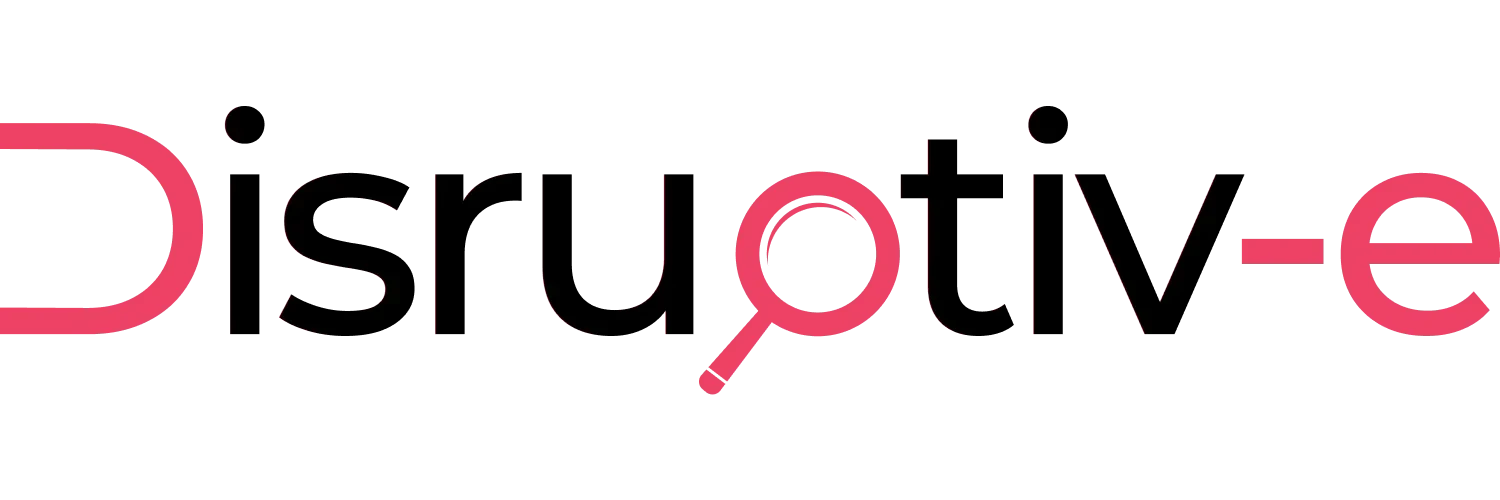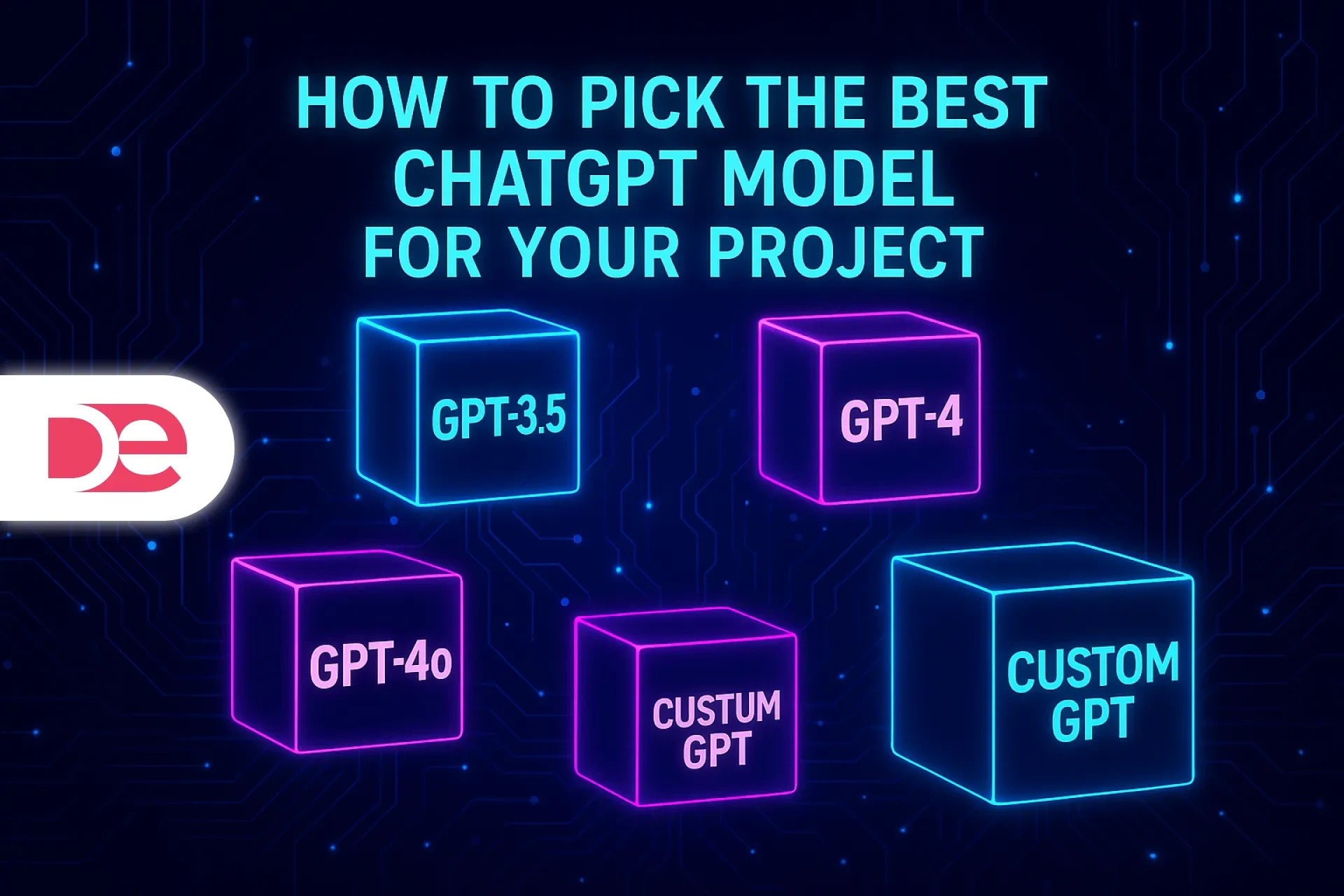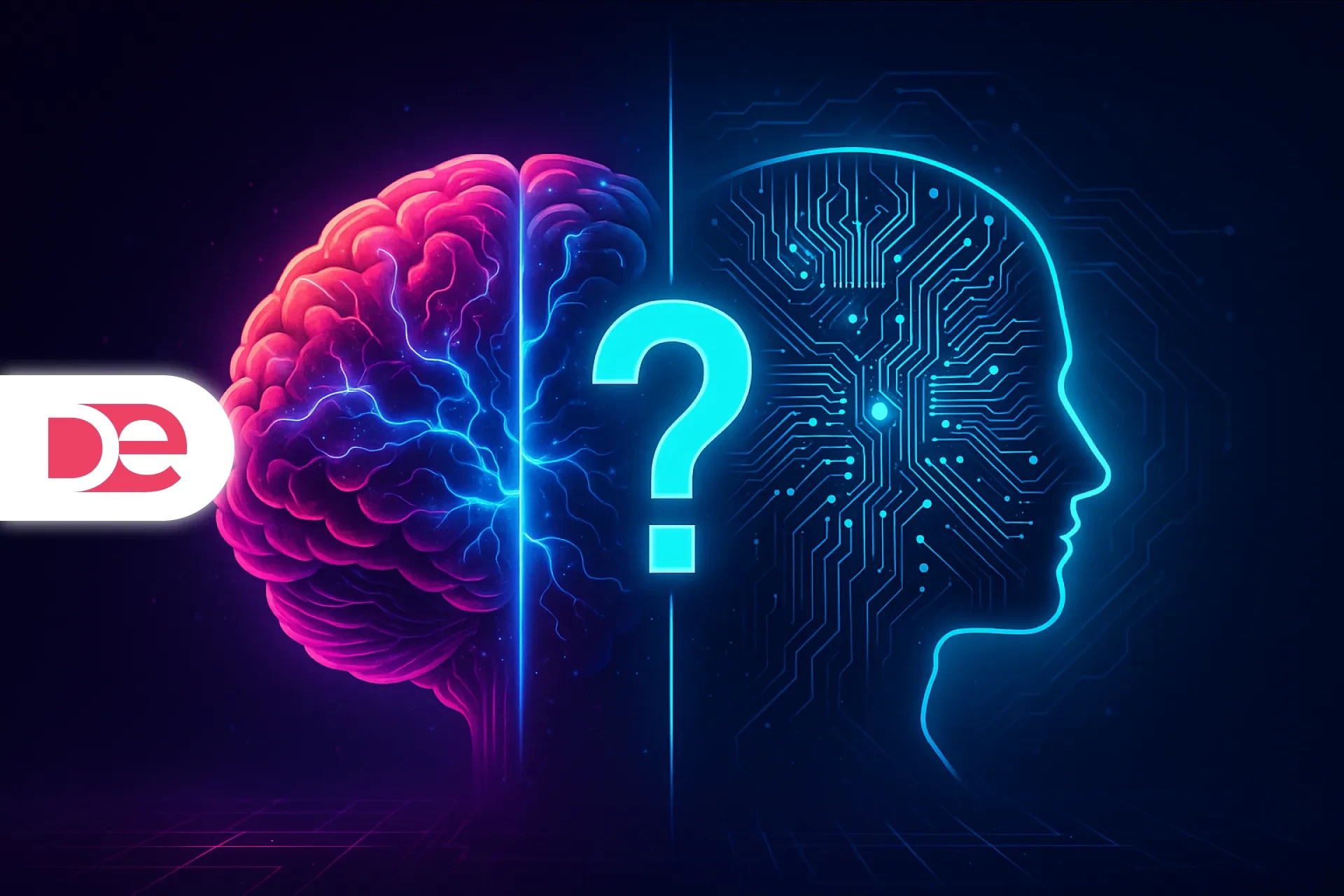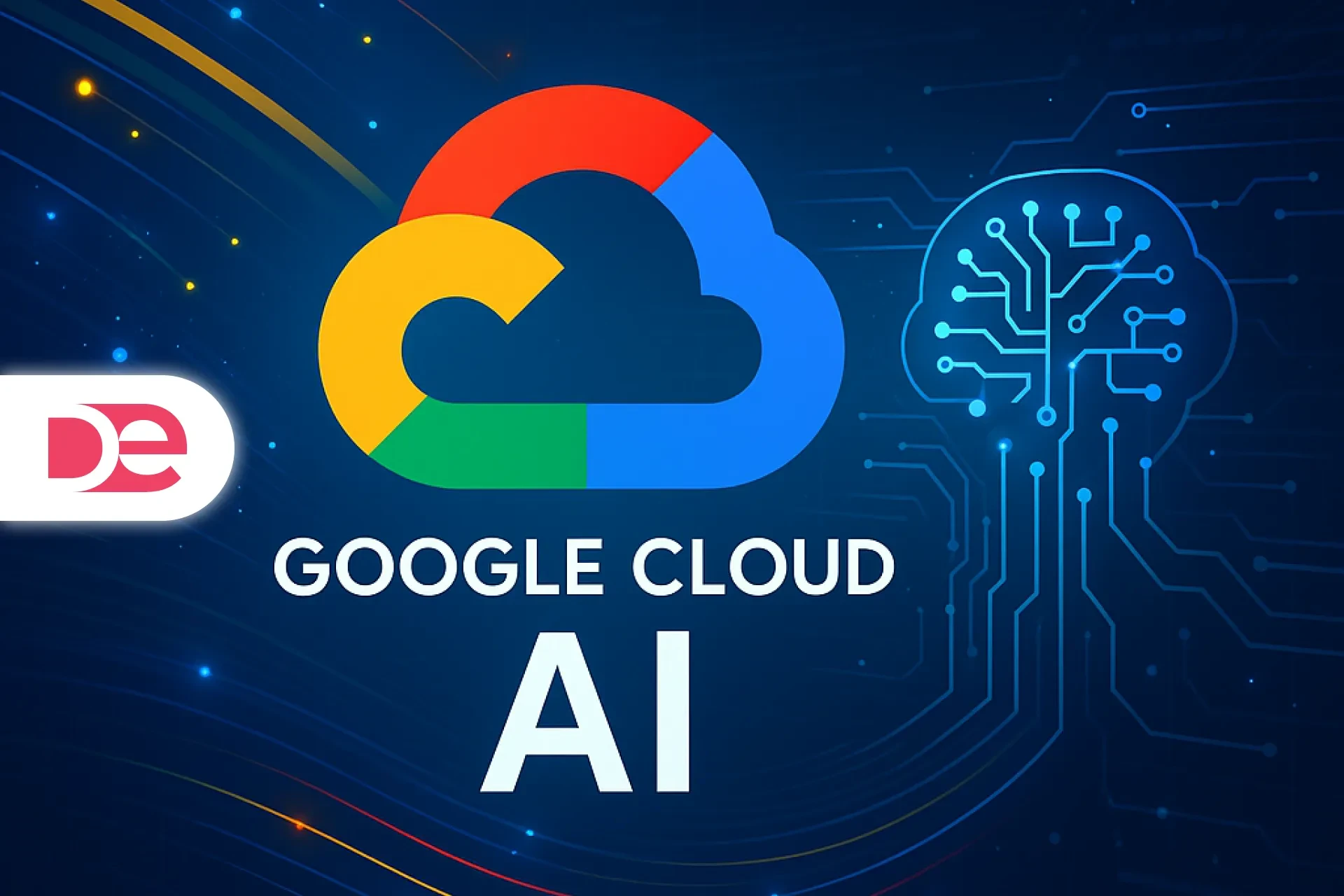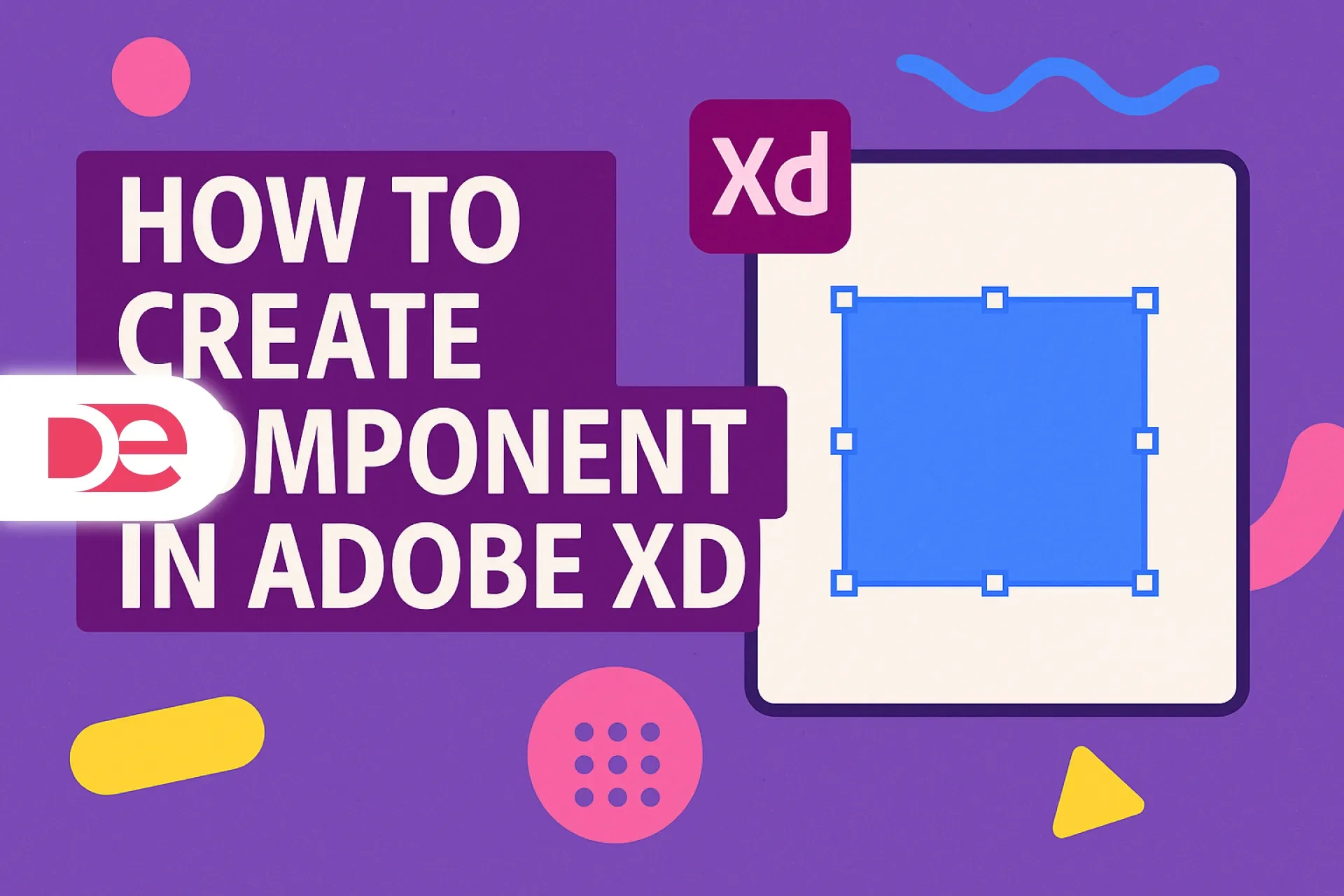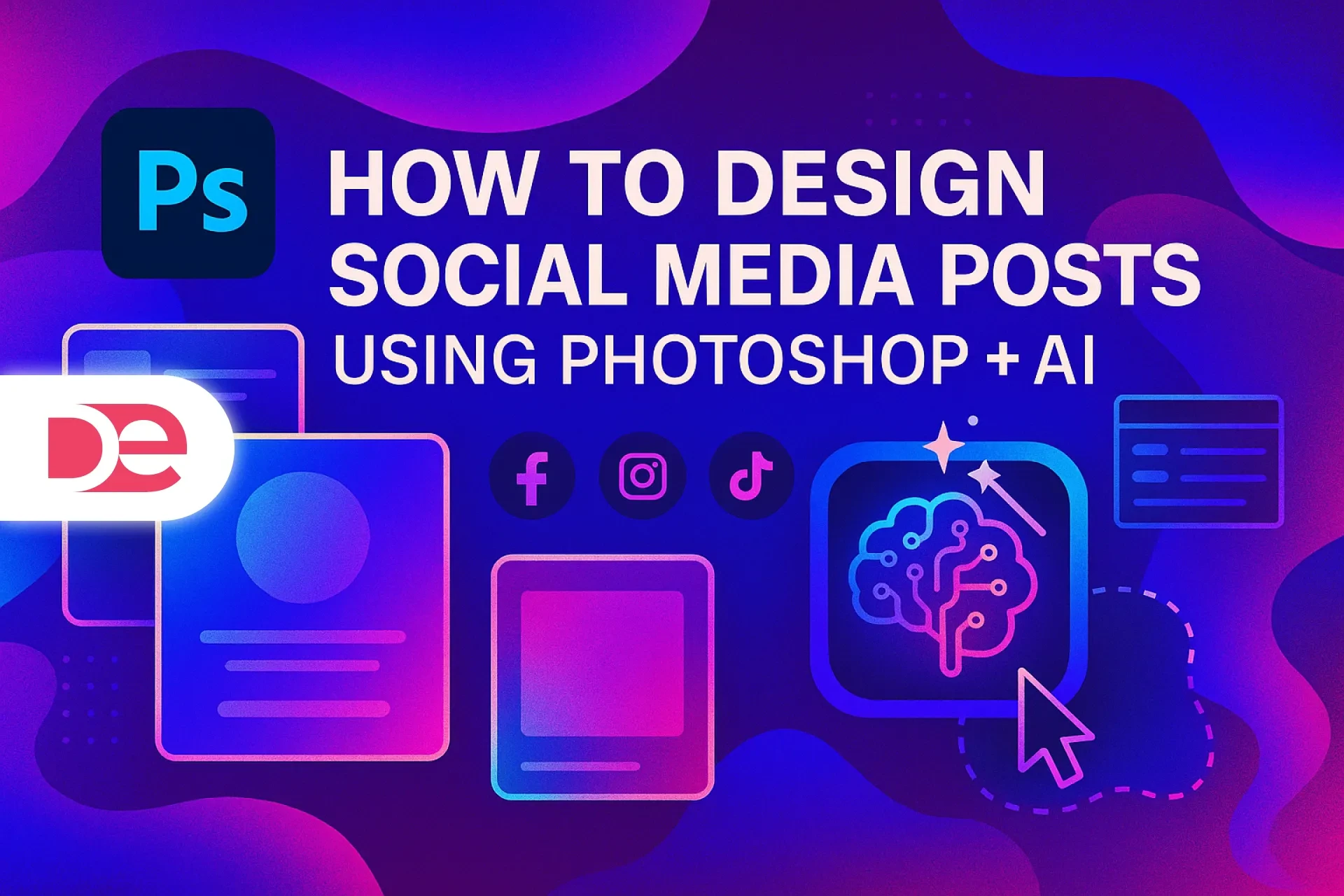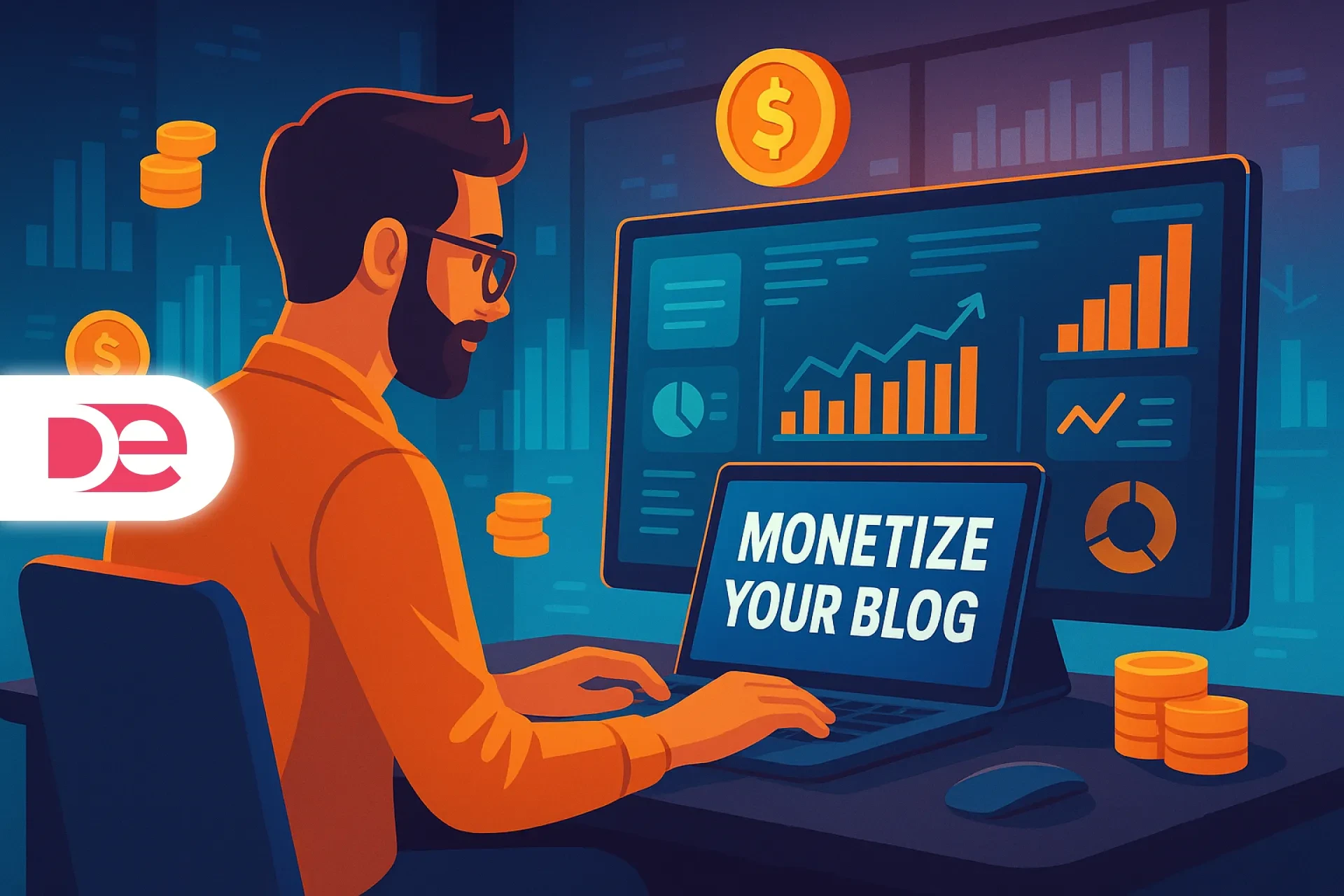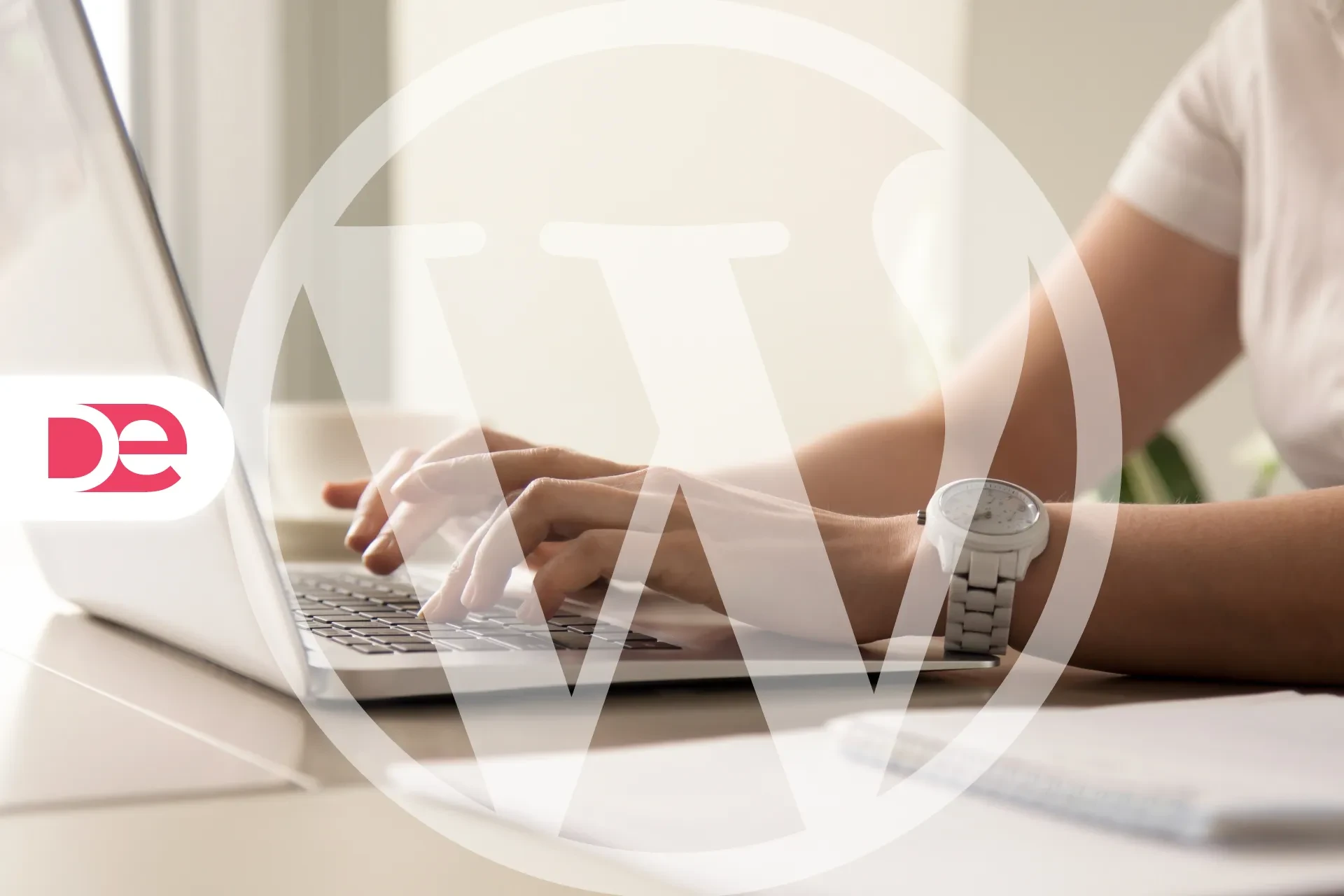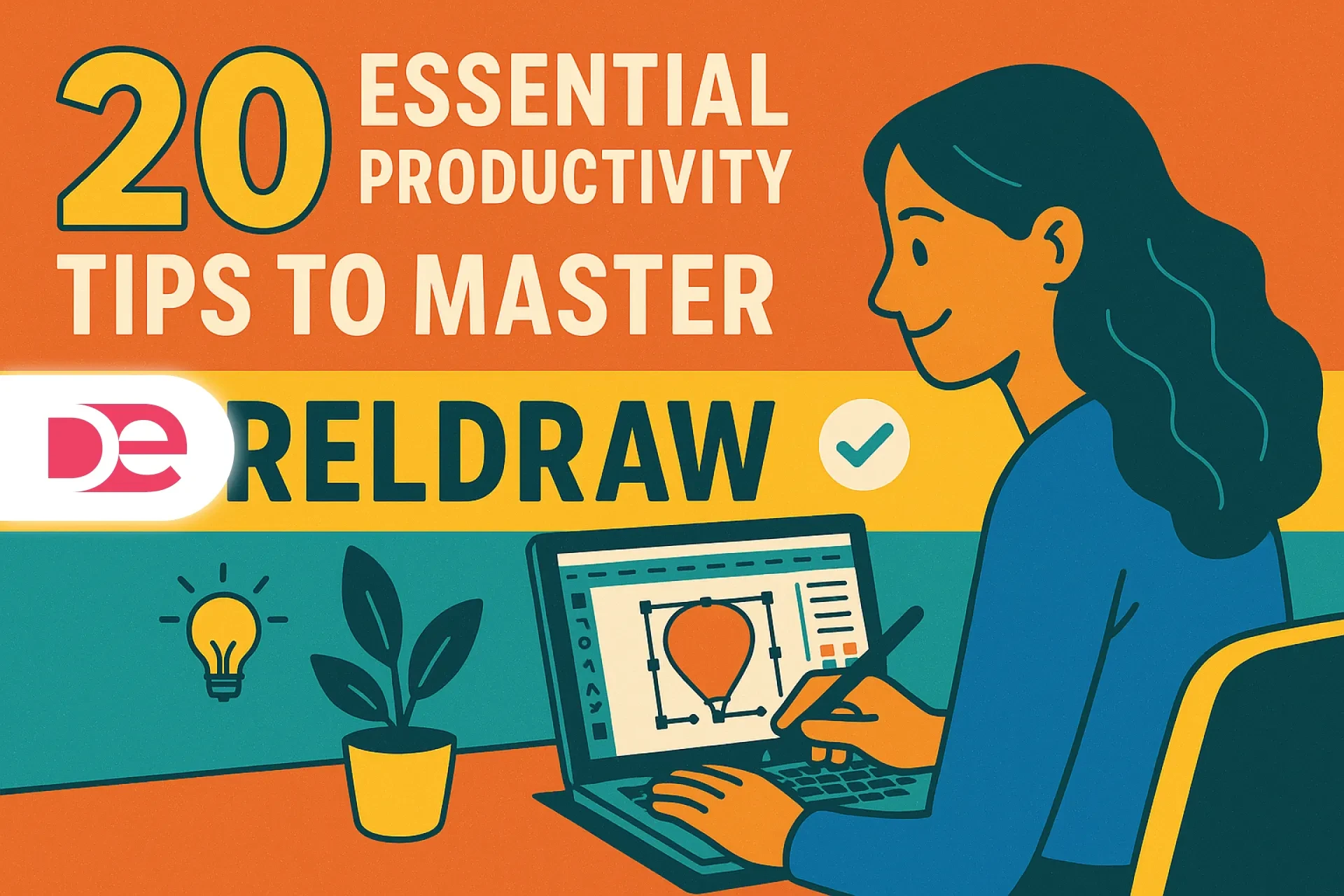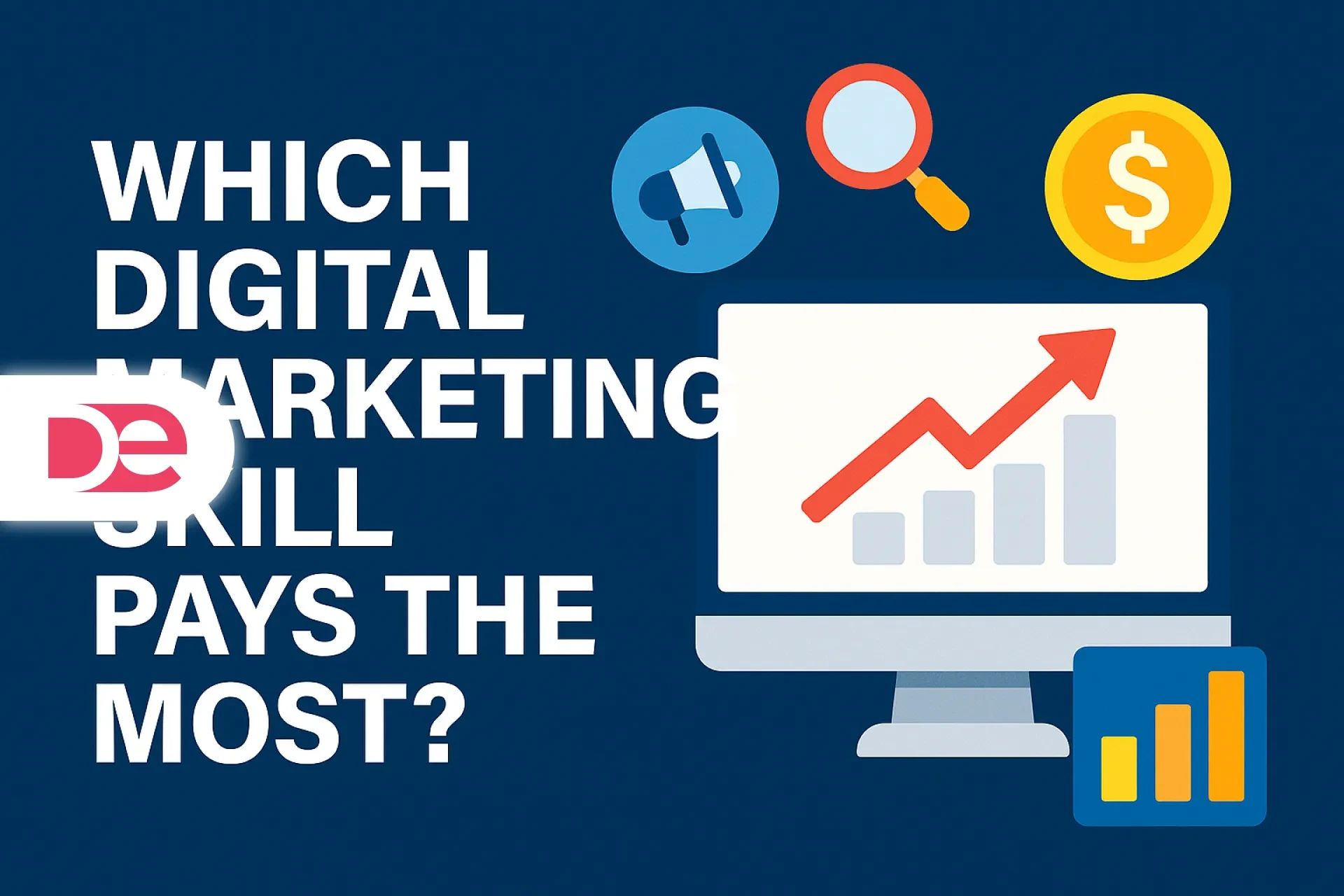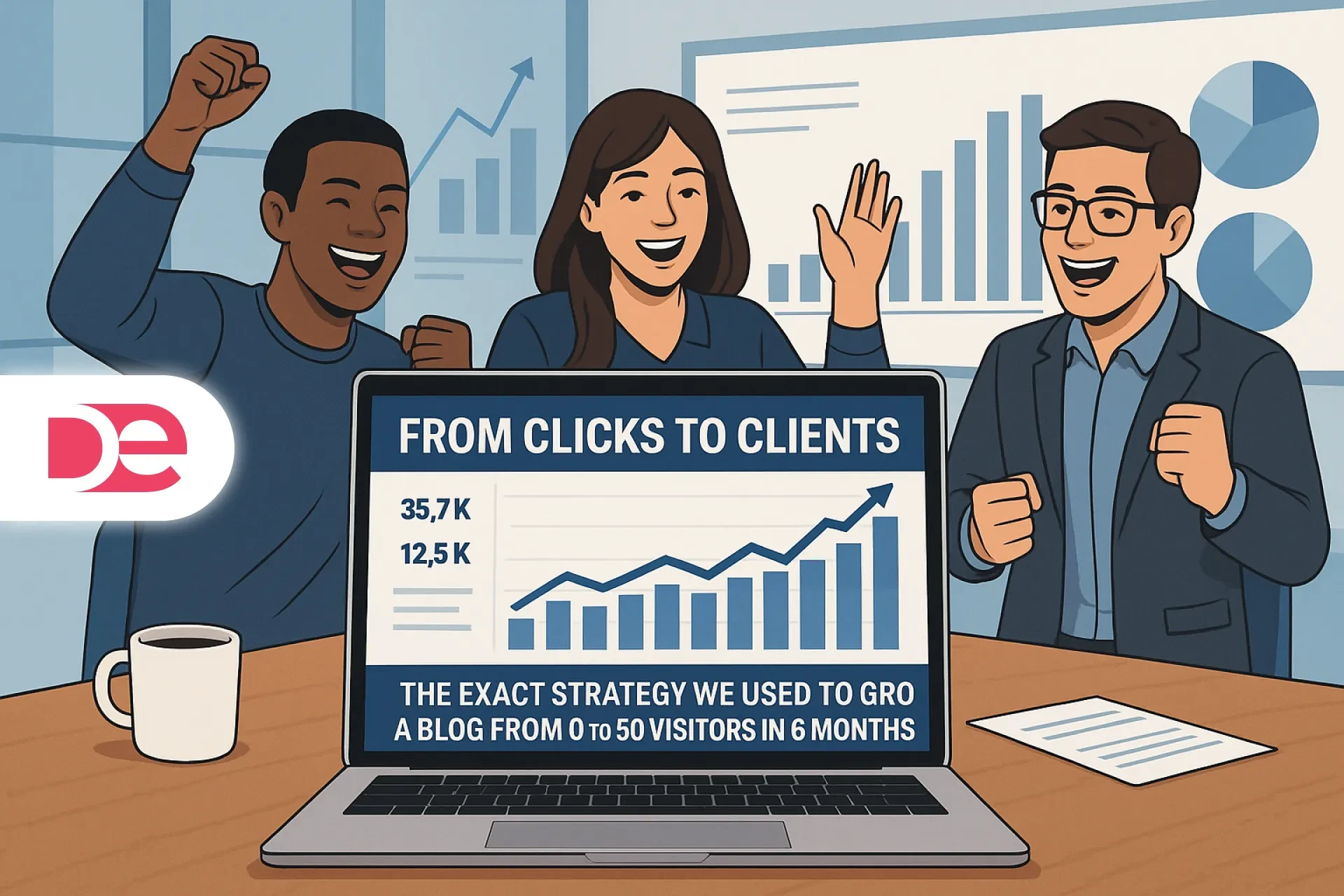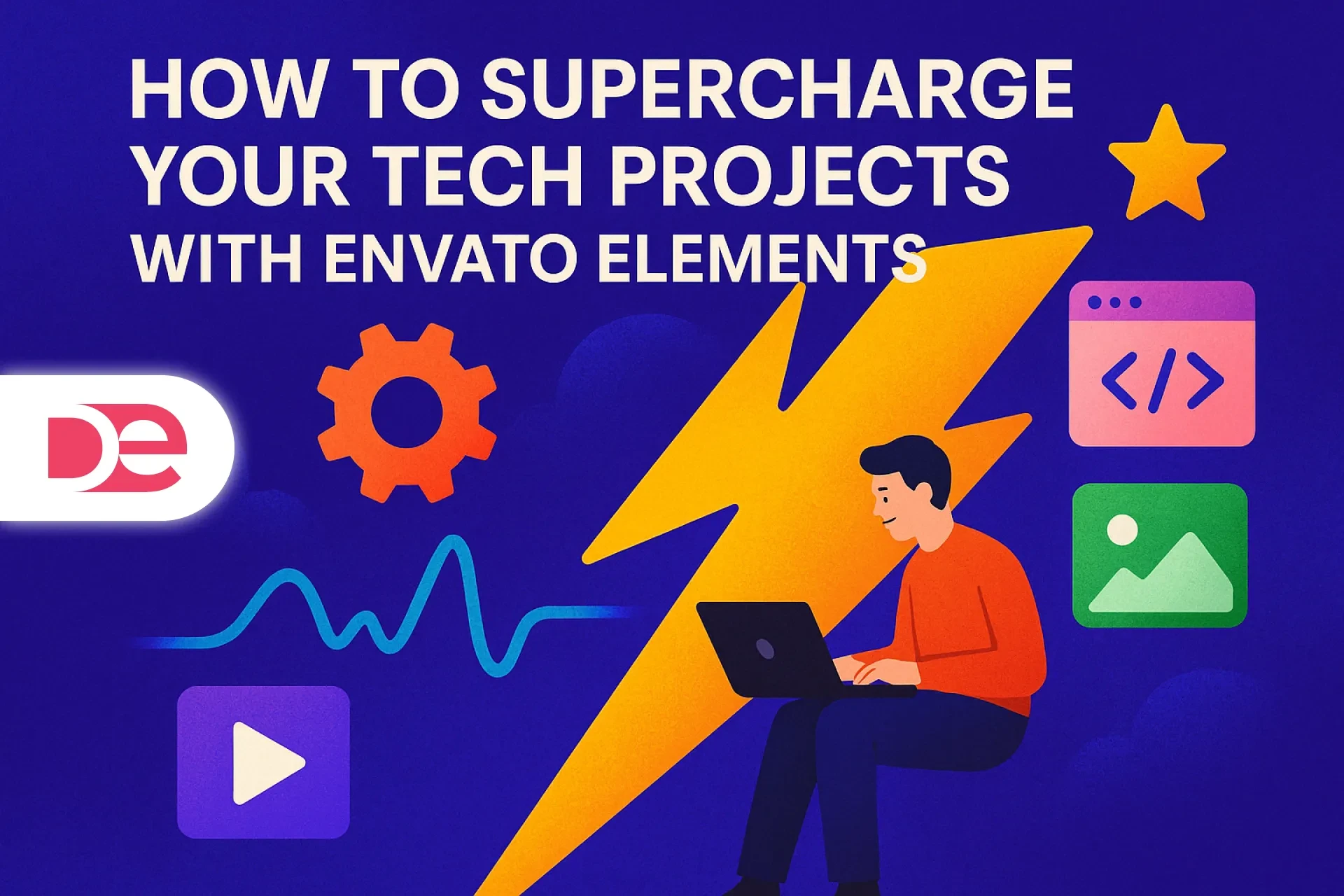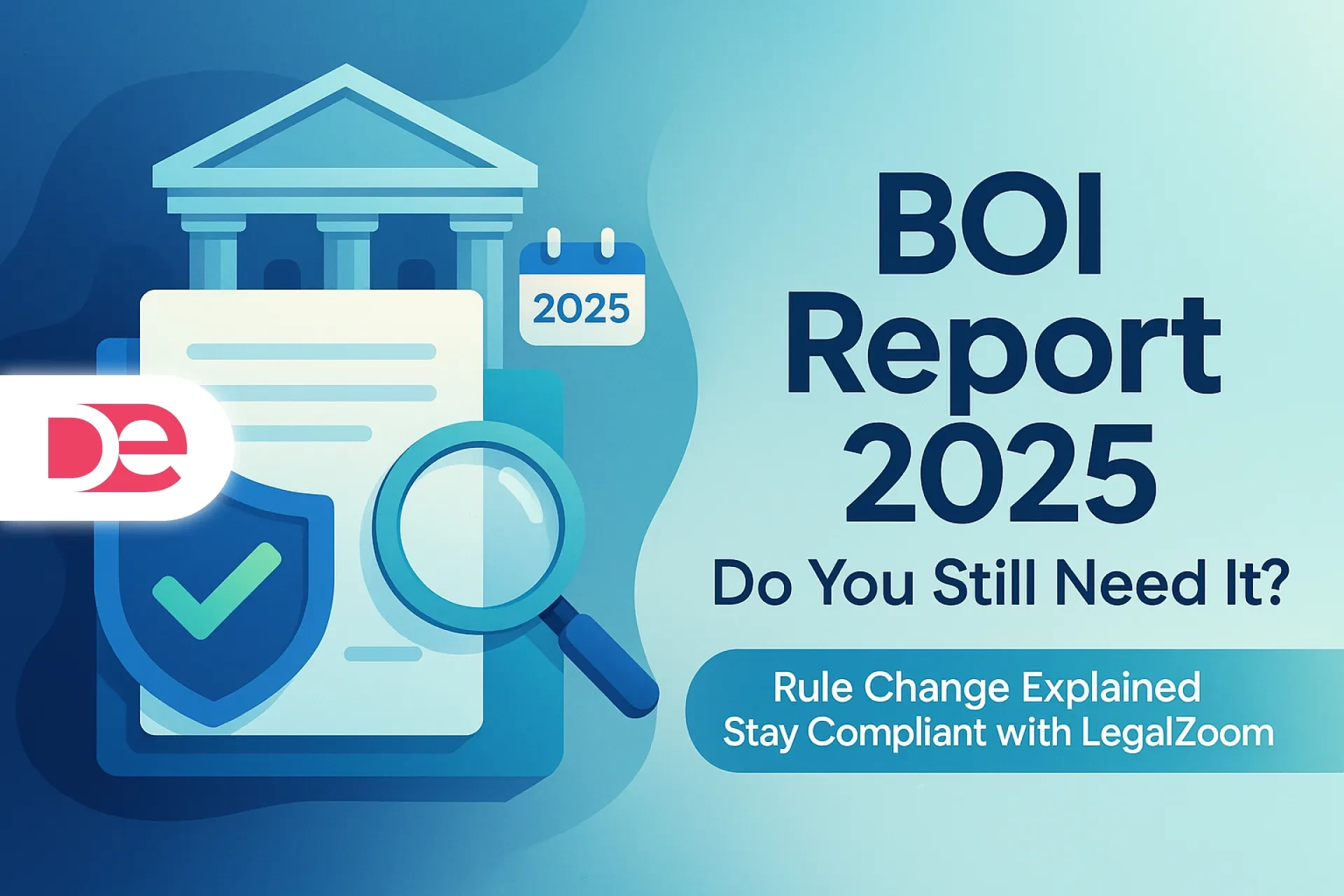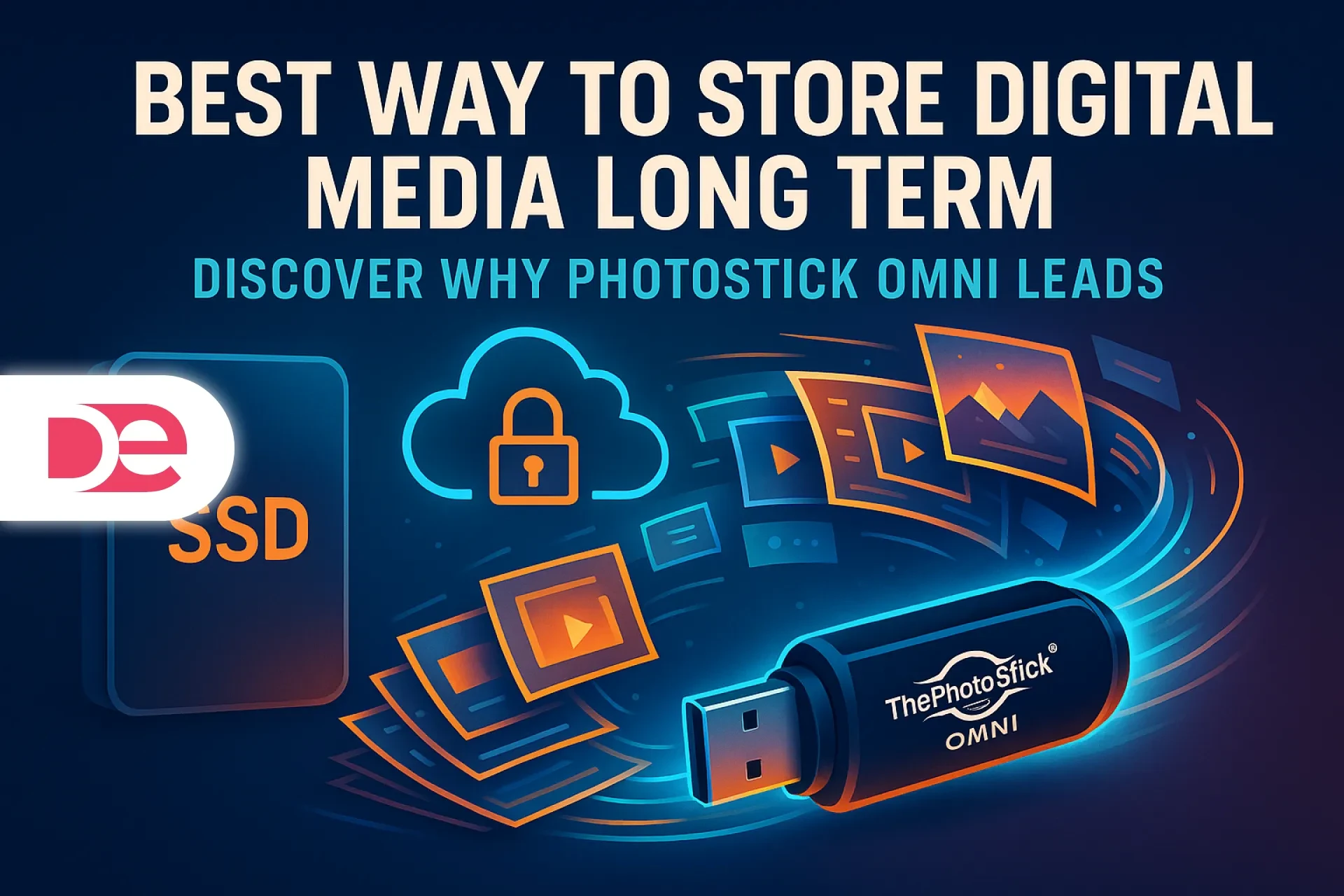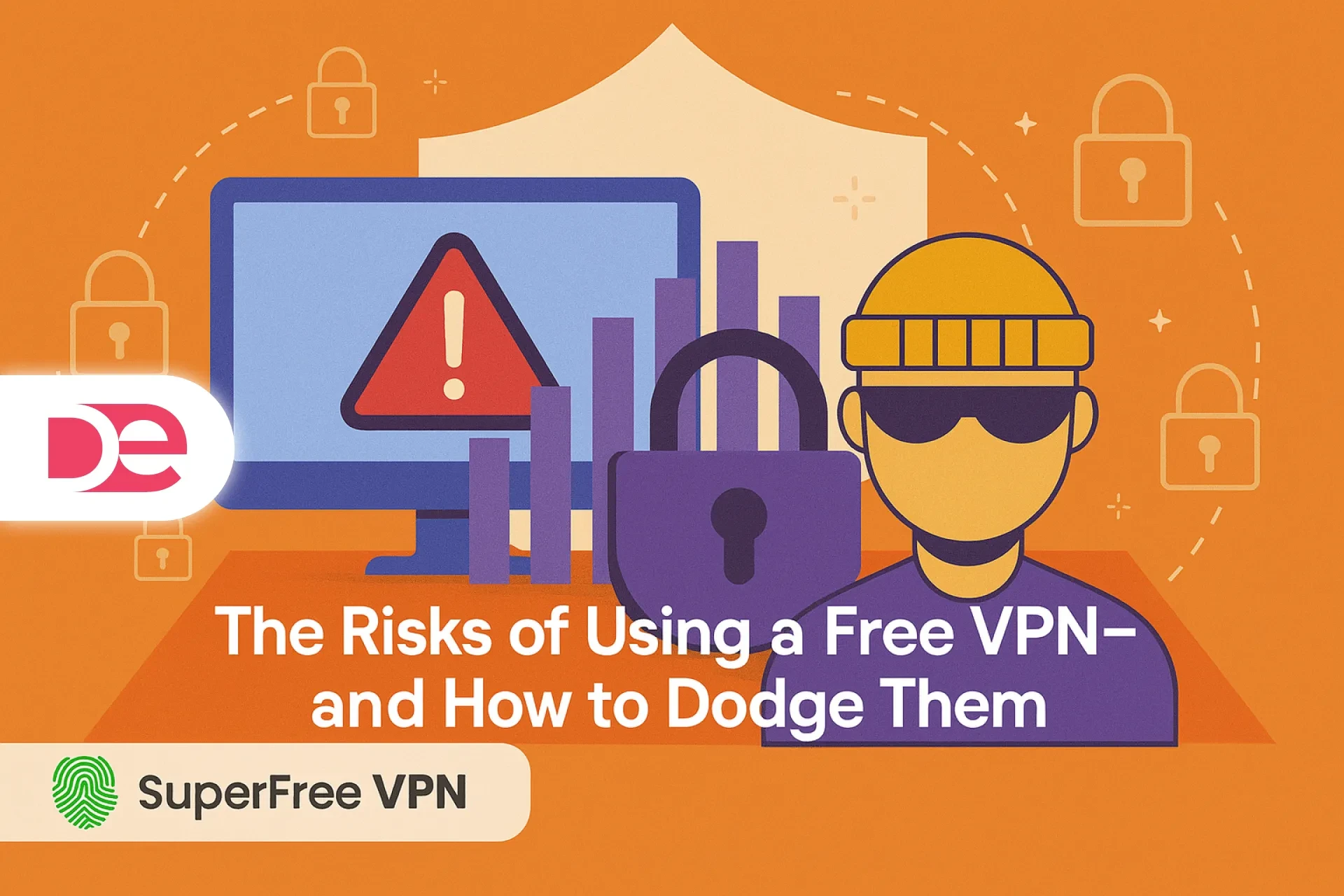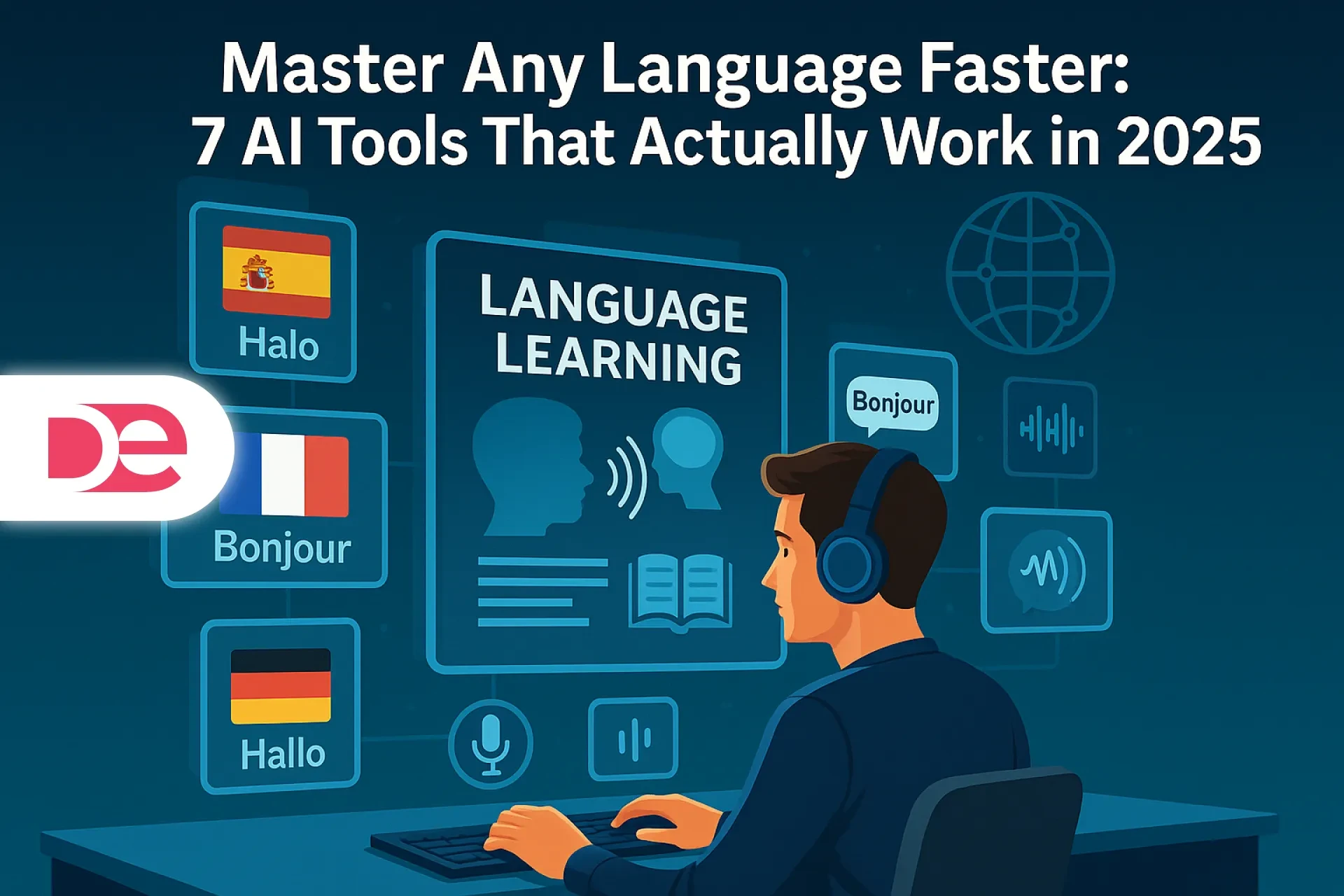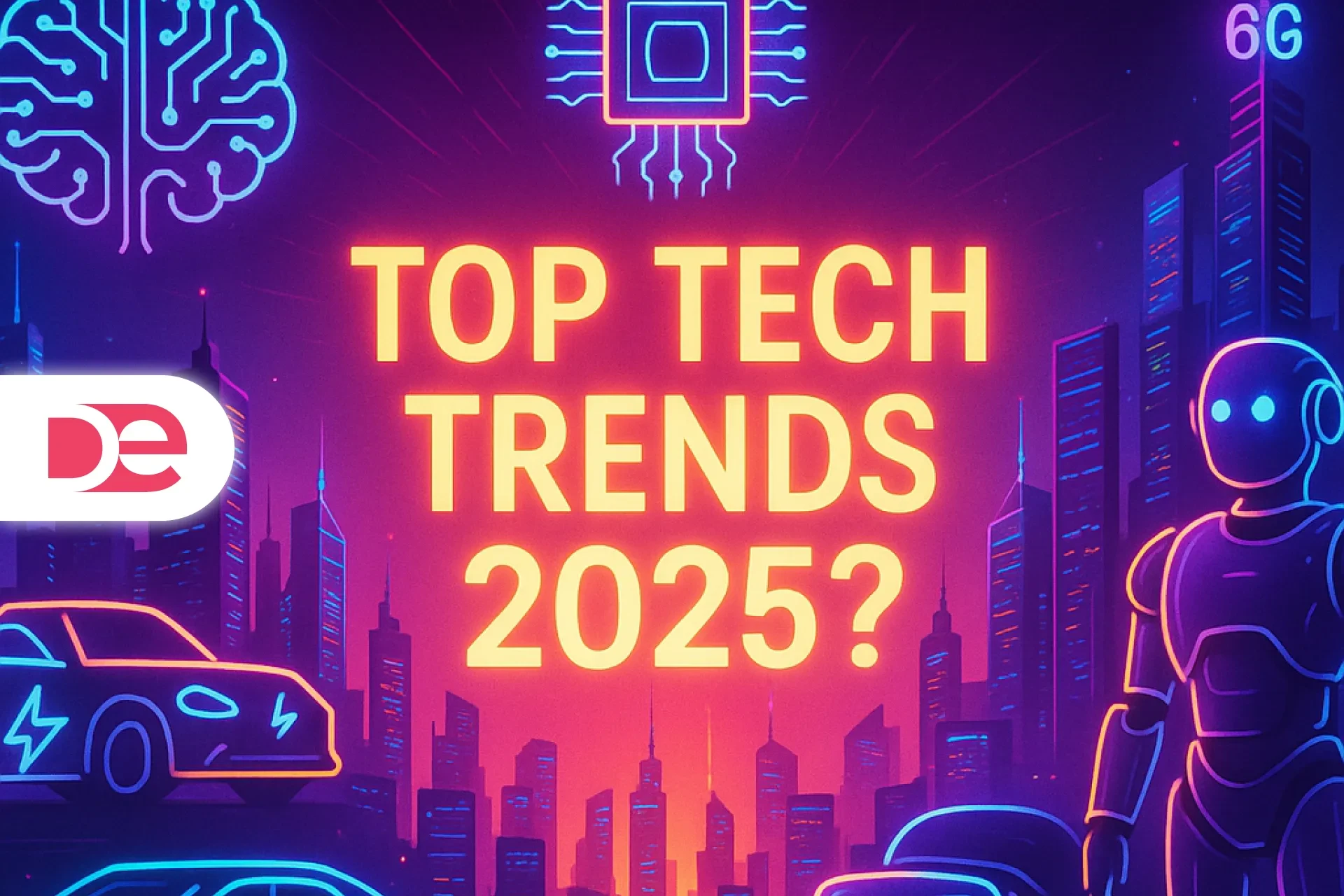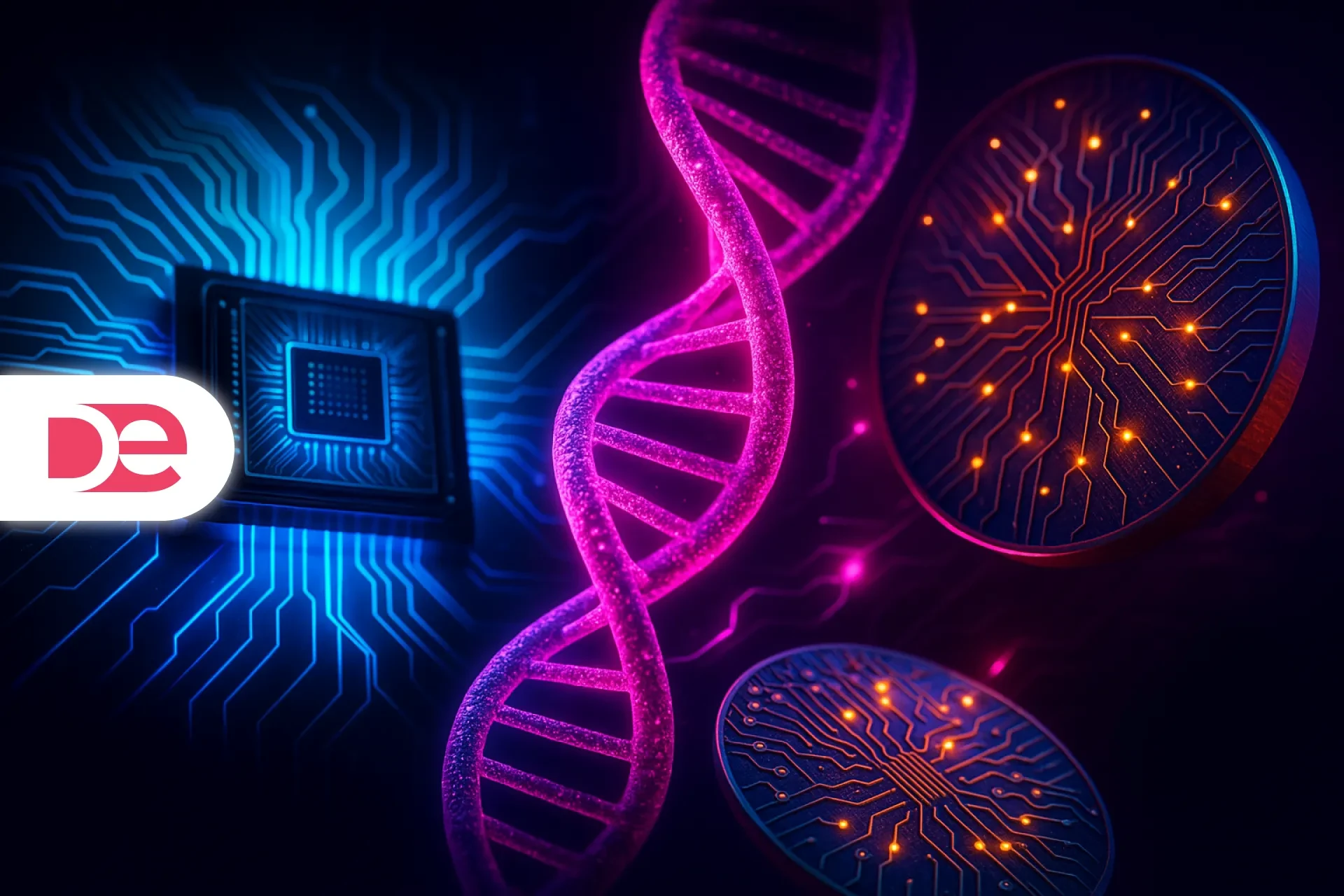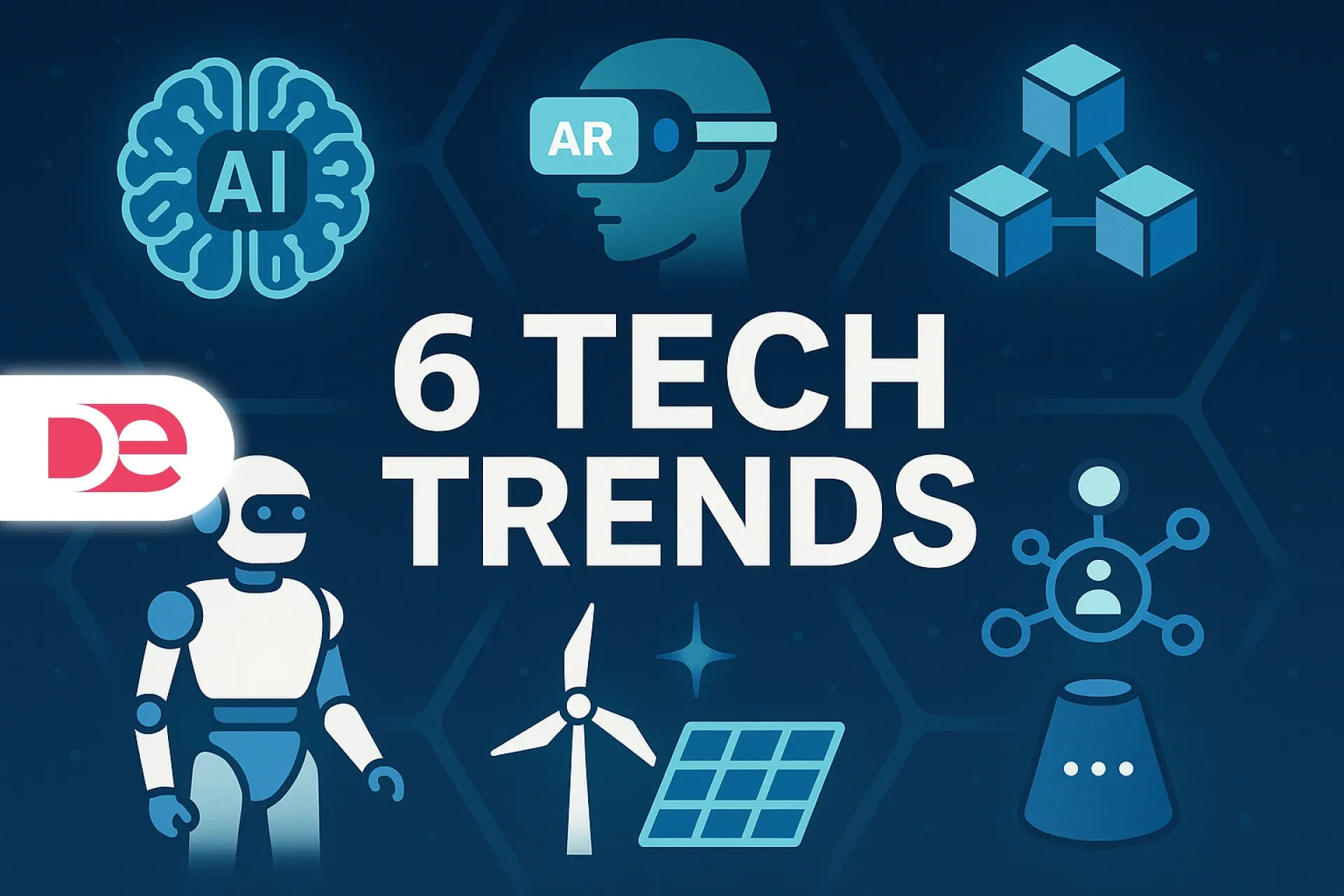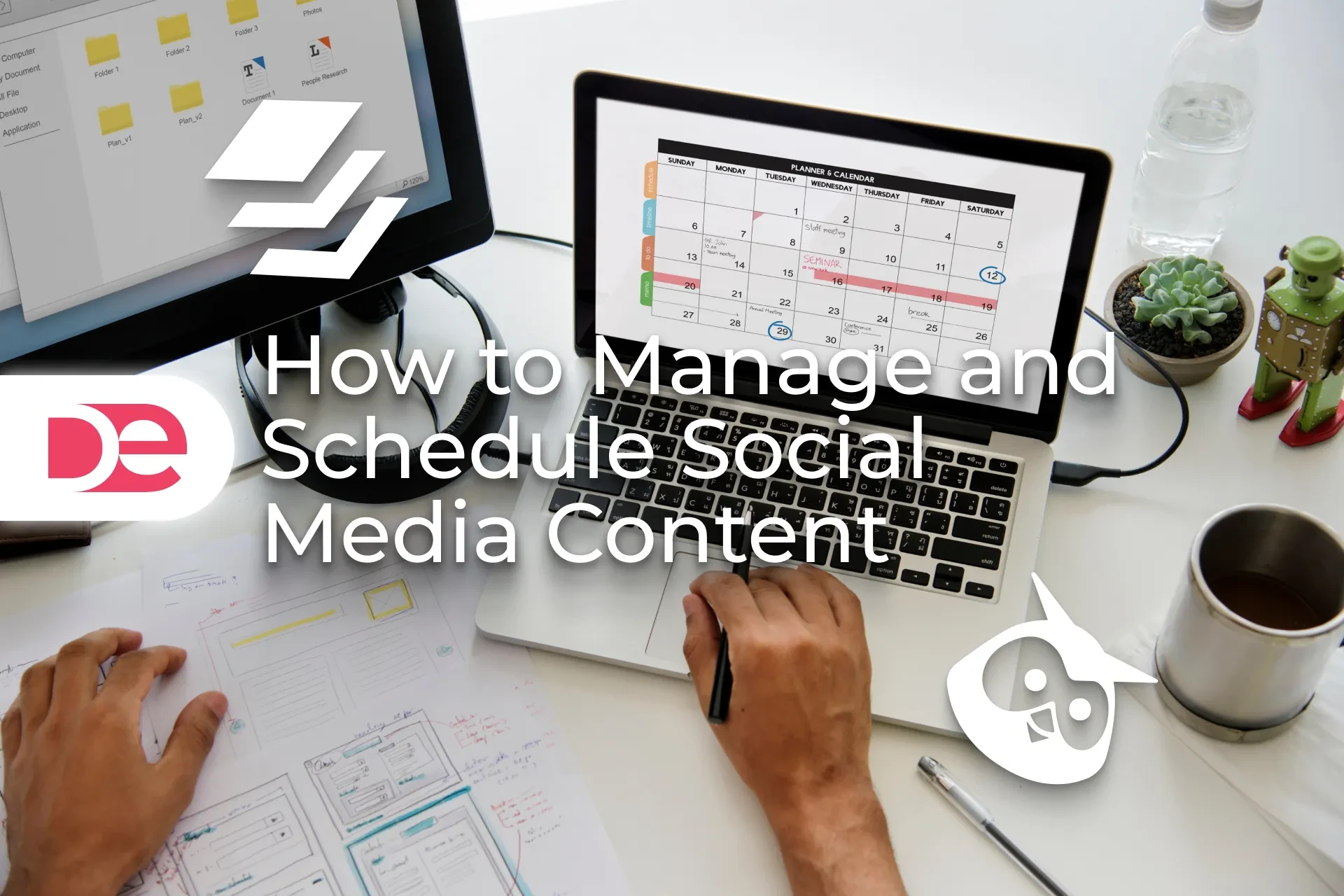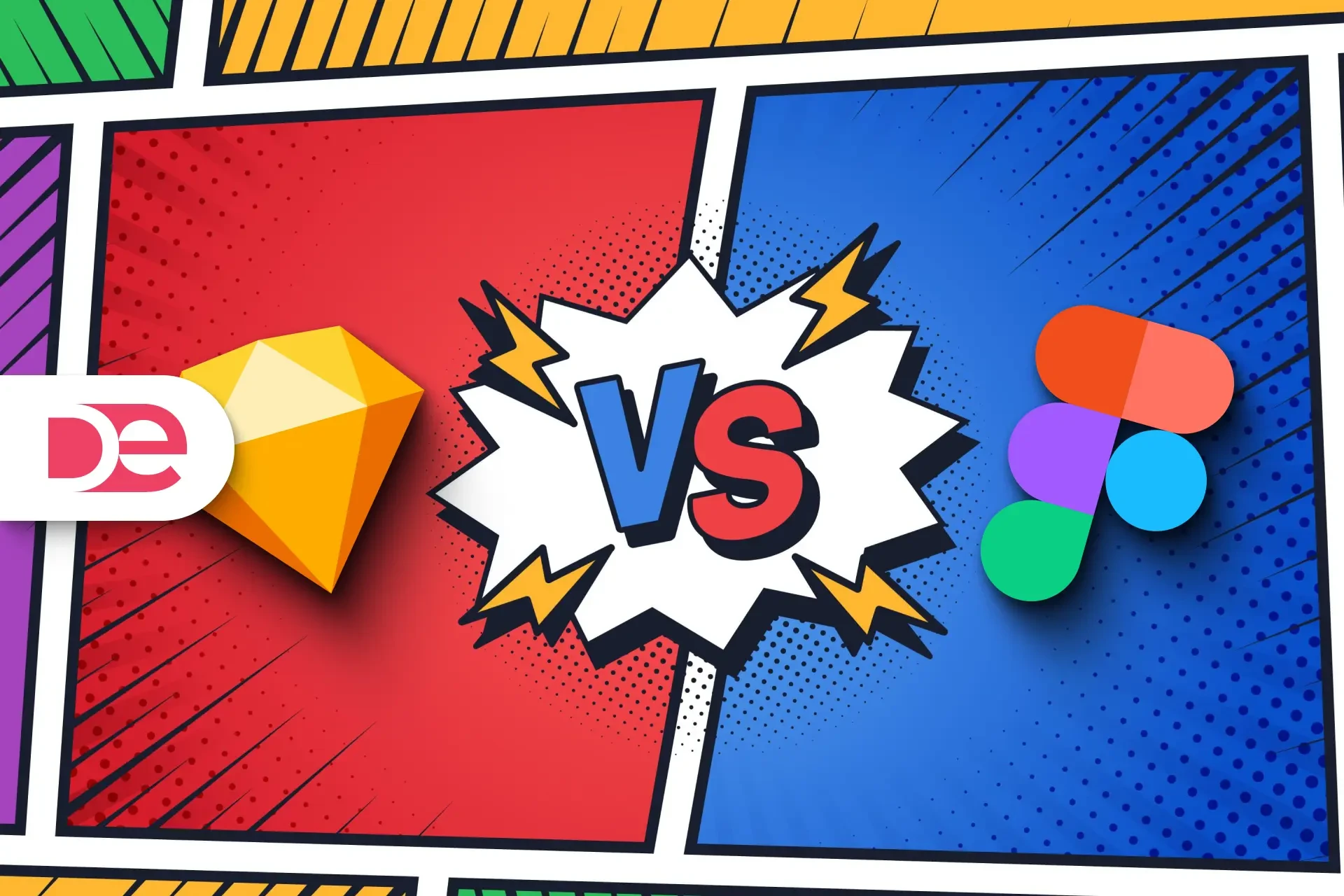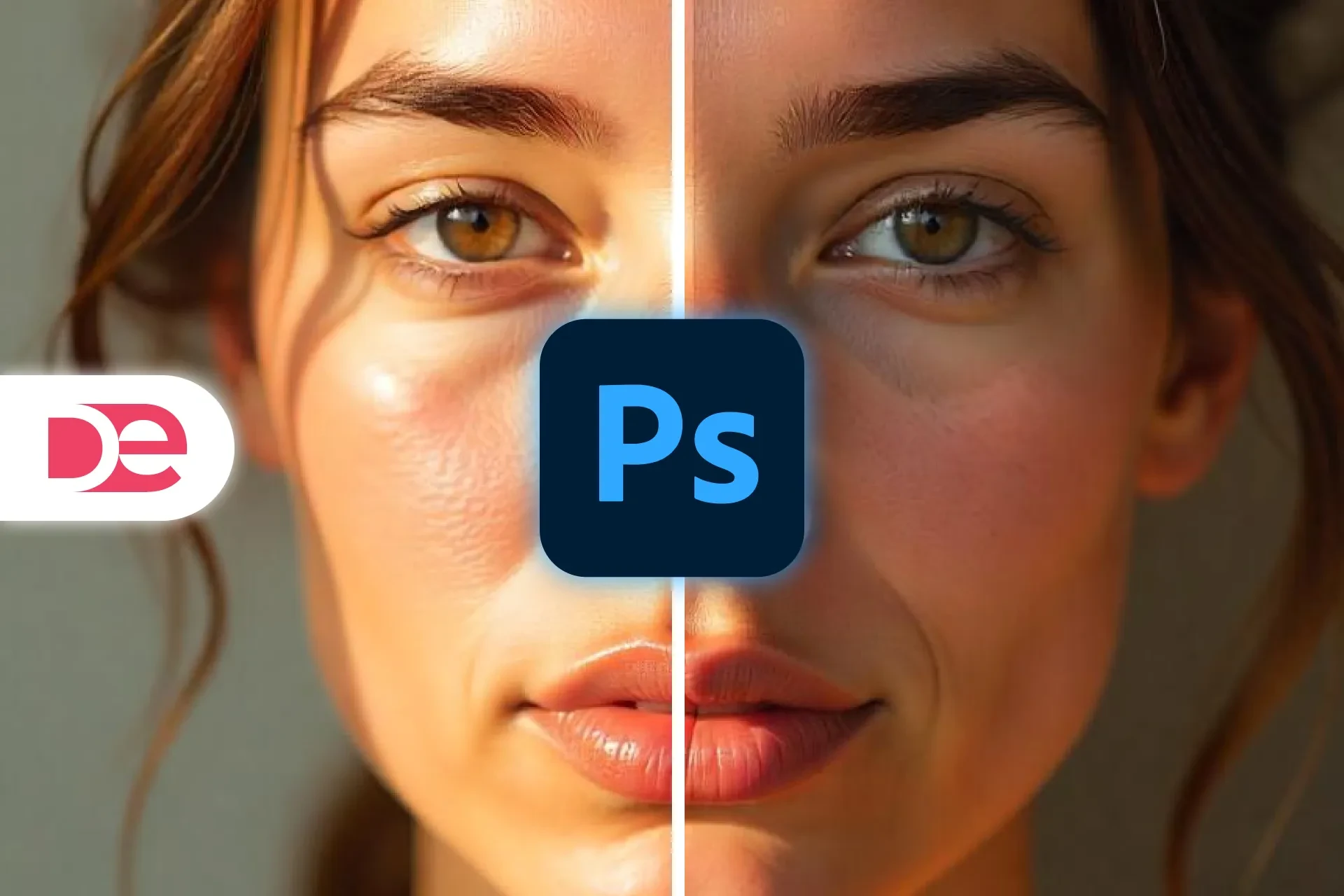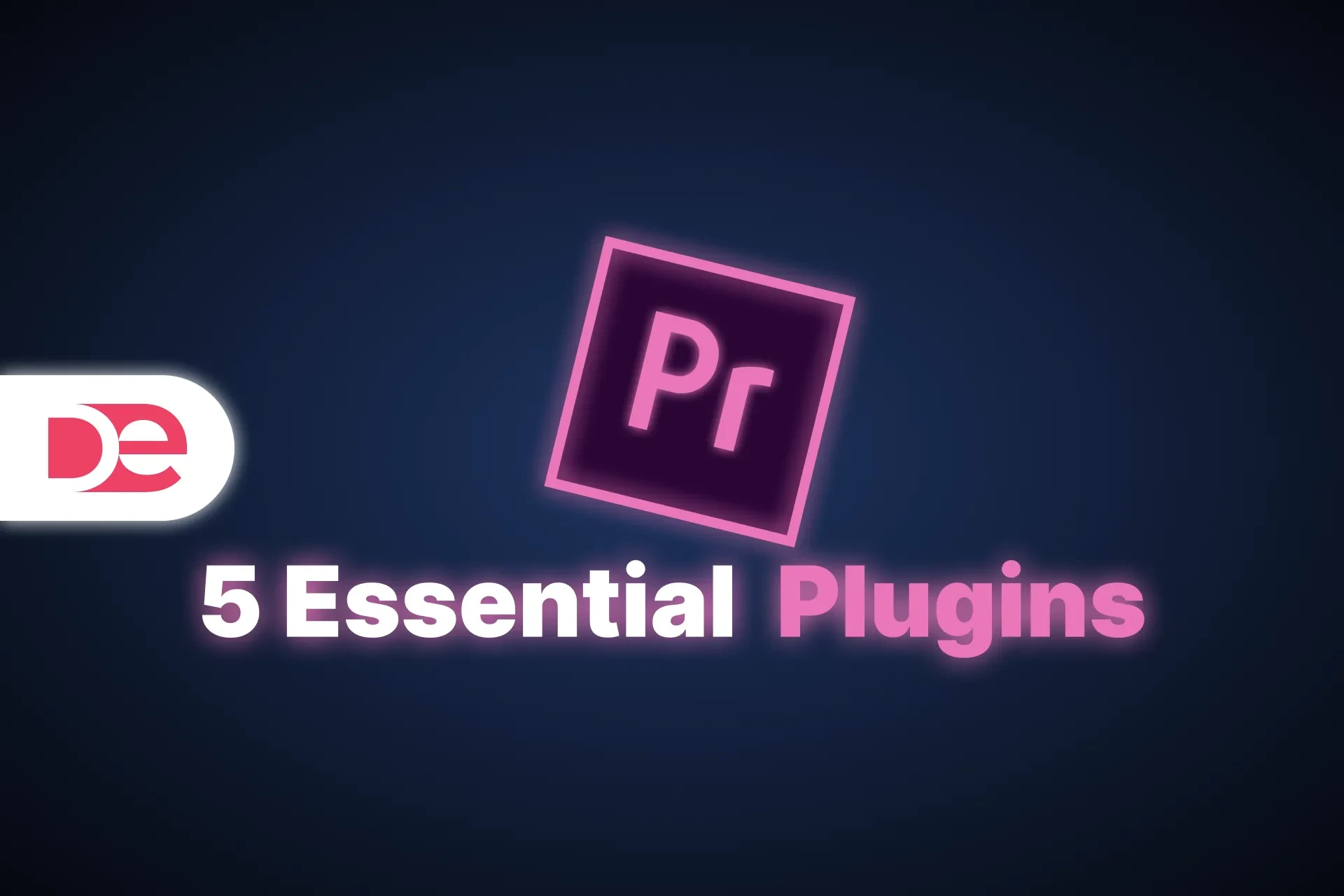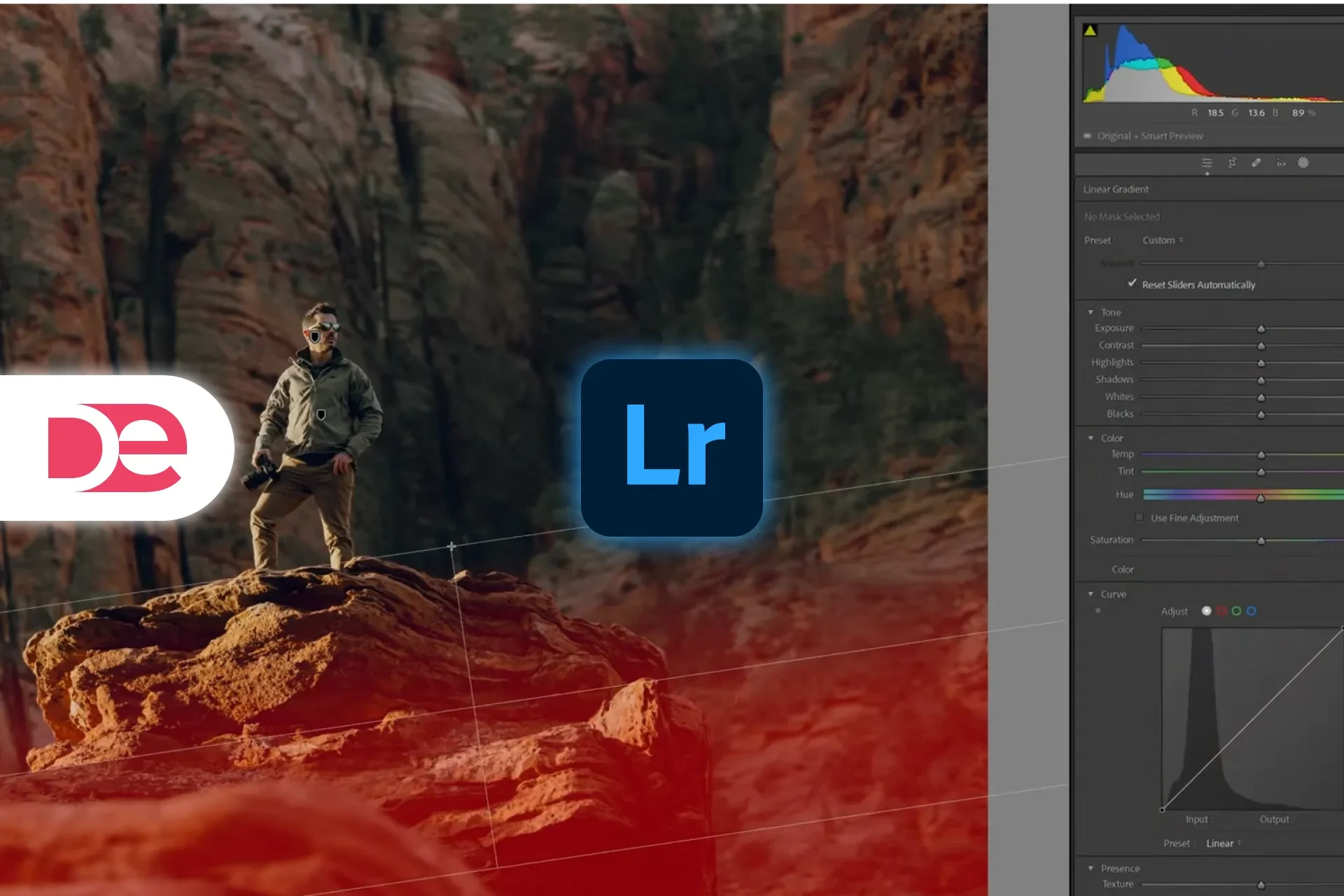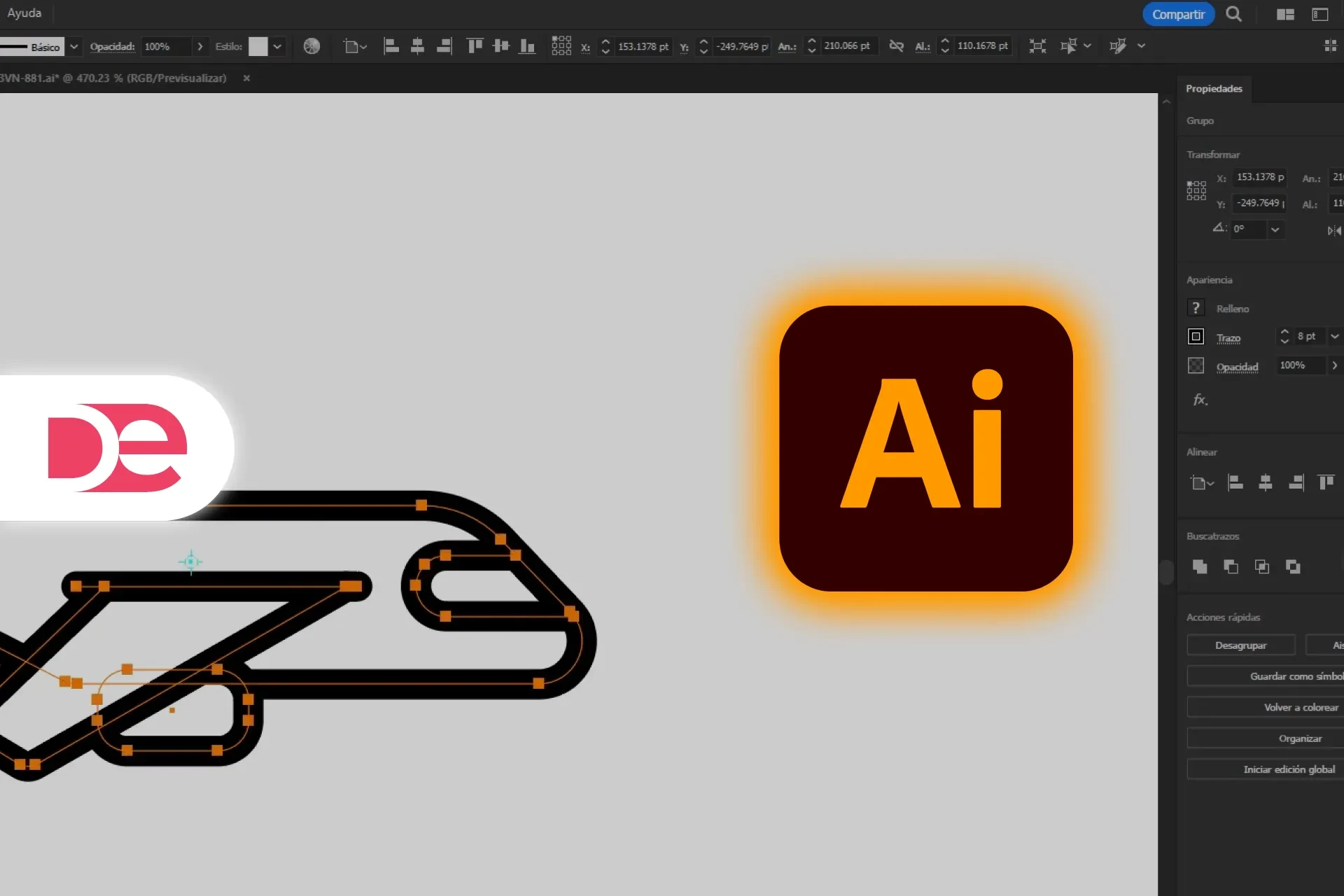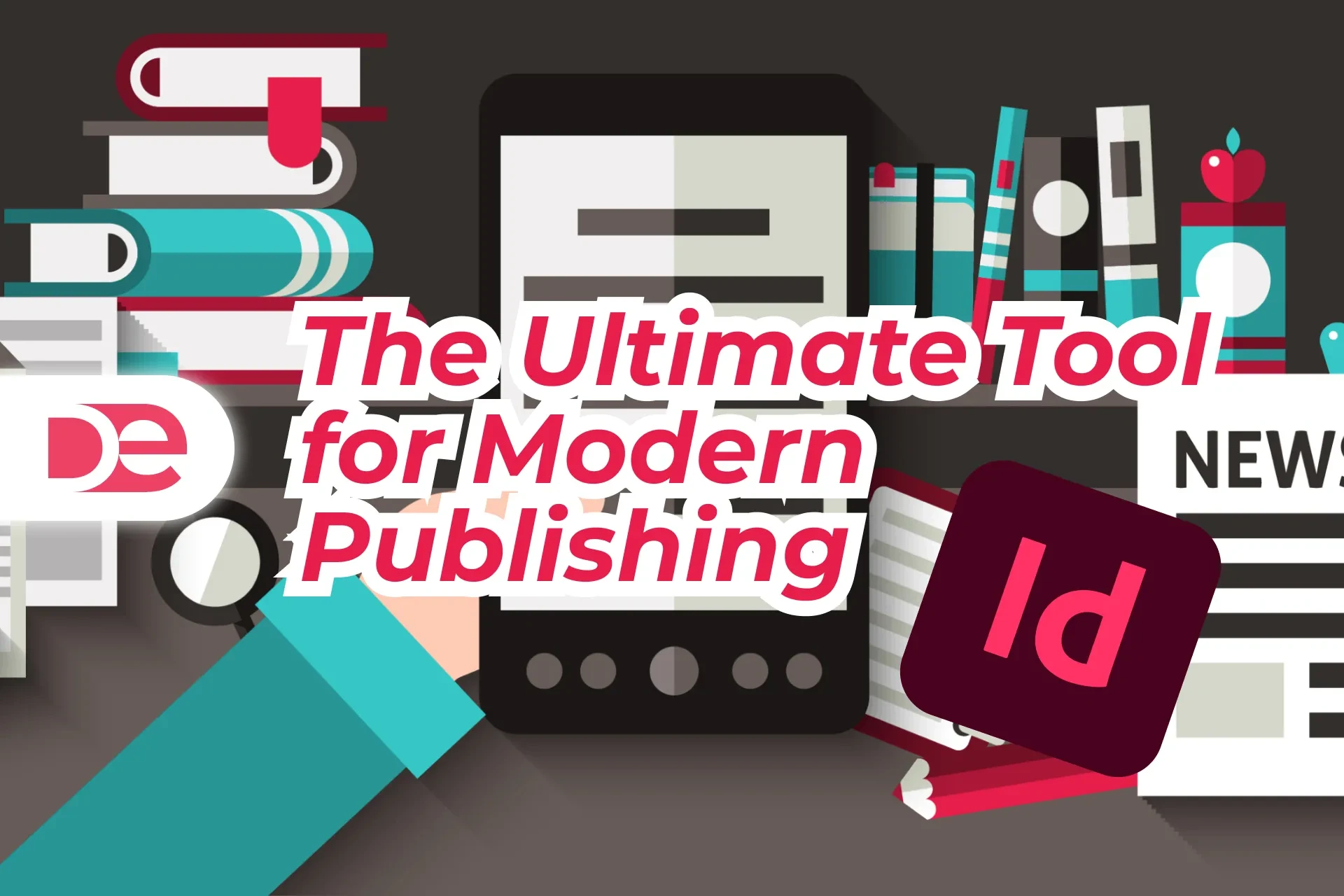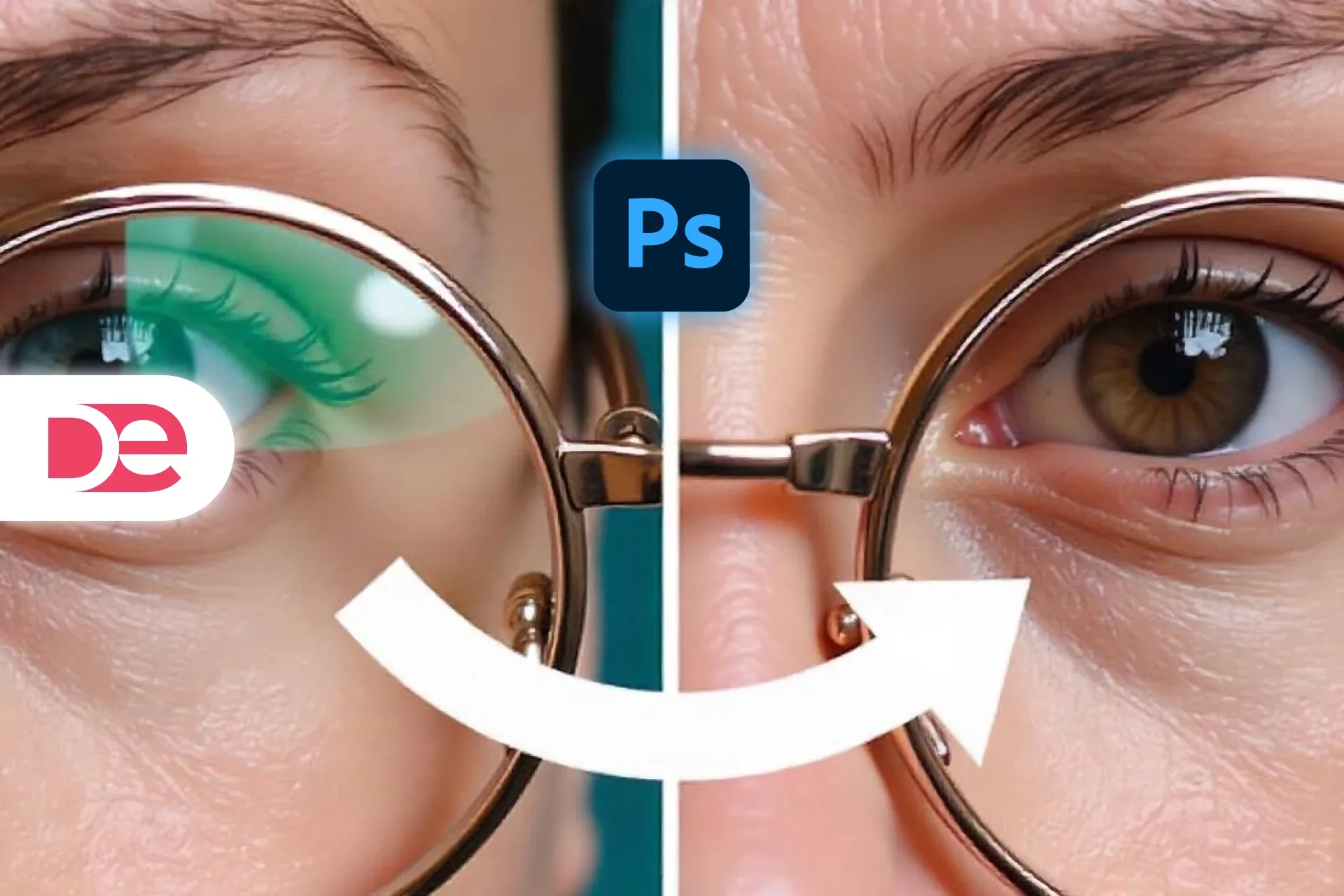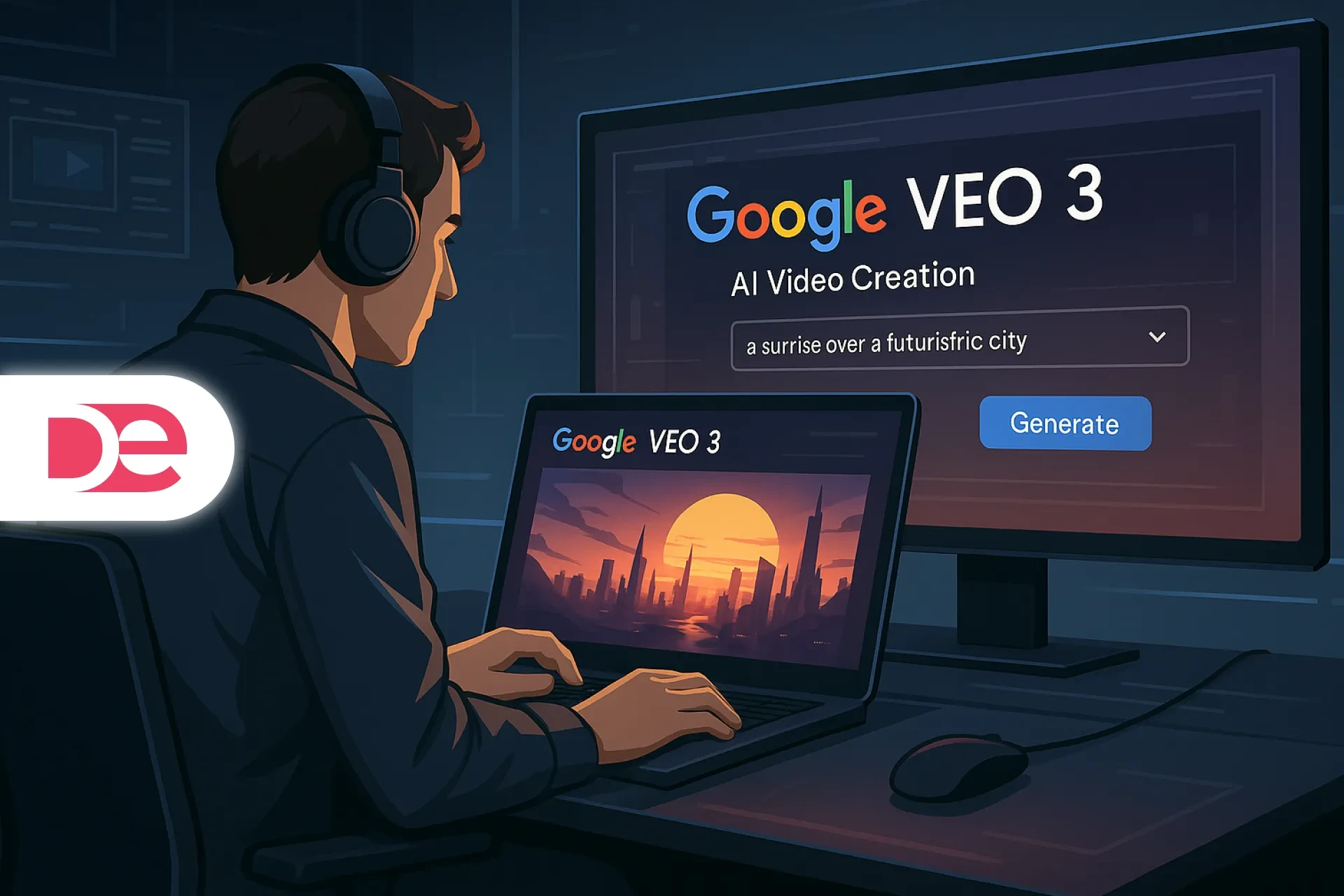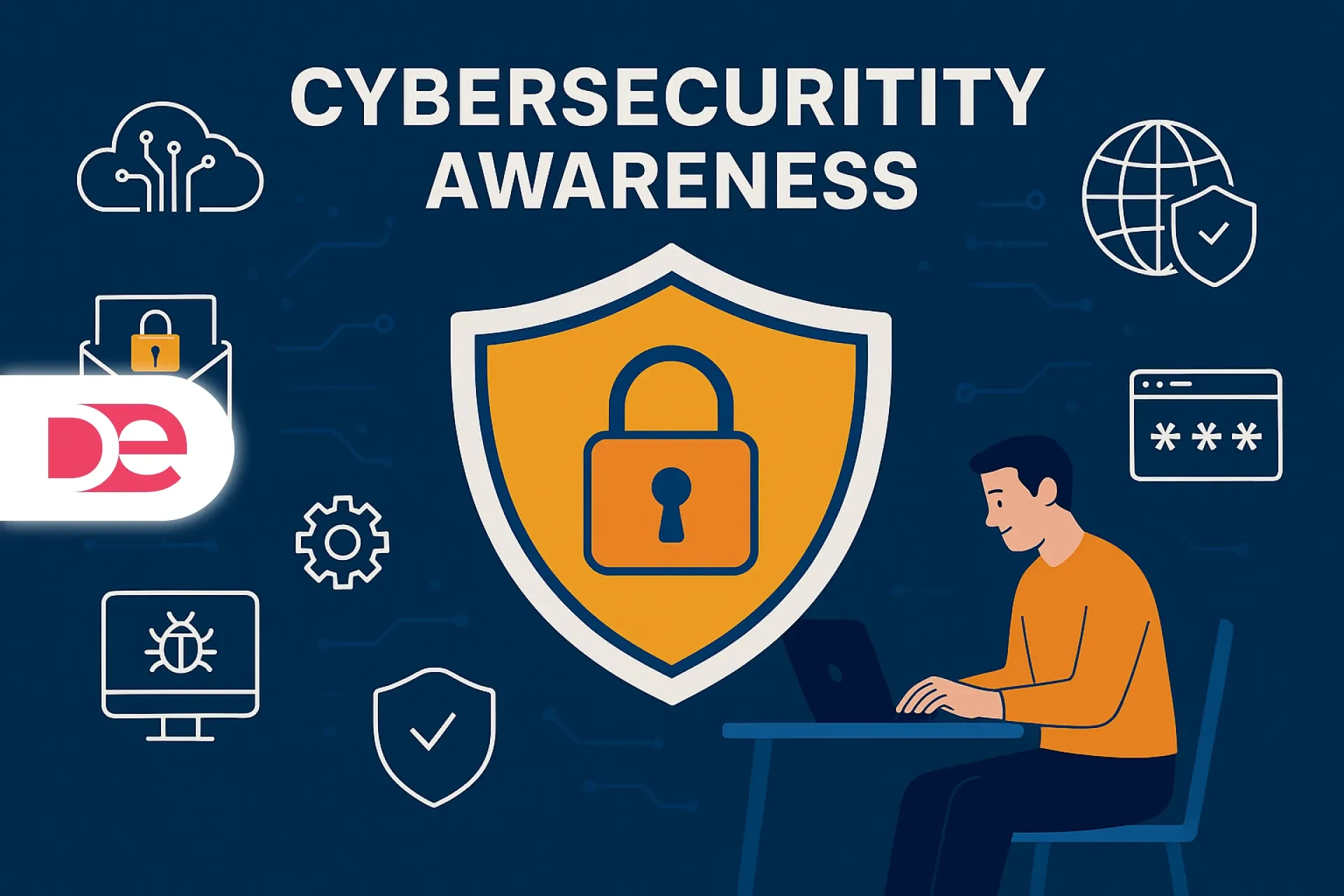The next decade will be defined by exponential change. Technologies that seemed distant or experimental just a few years ago are becoming the backbone of our economy, society, and even identity. Whether you're a business owner, developer, student, or investor, understanding these shifts is no longer optional—it's essential.
In this guide, we cover 6 major tech trends that will transform the way we live and work between now and 2035—along with specific, practical steps you can take today to stay ahead of the curve.
Table of Contents
AI as Infrastructure
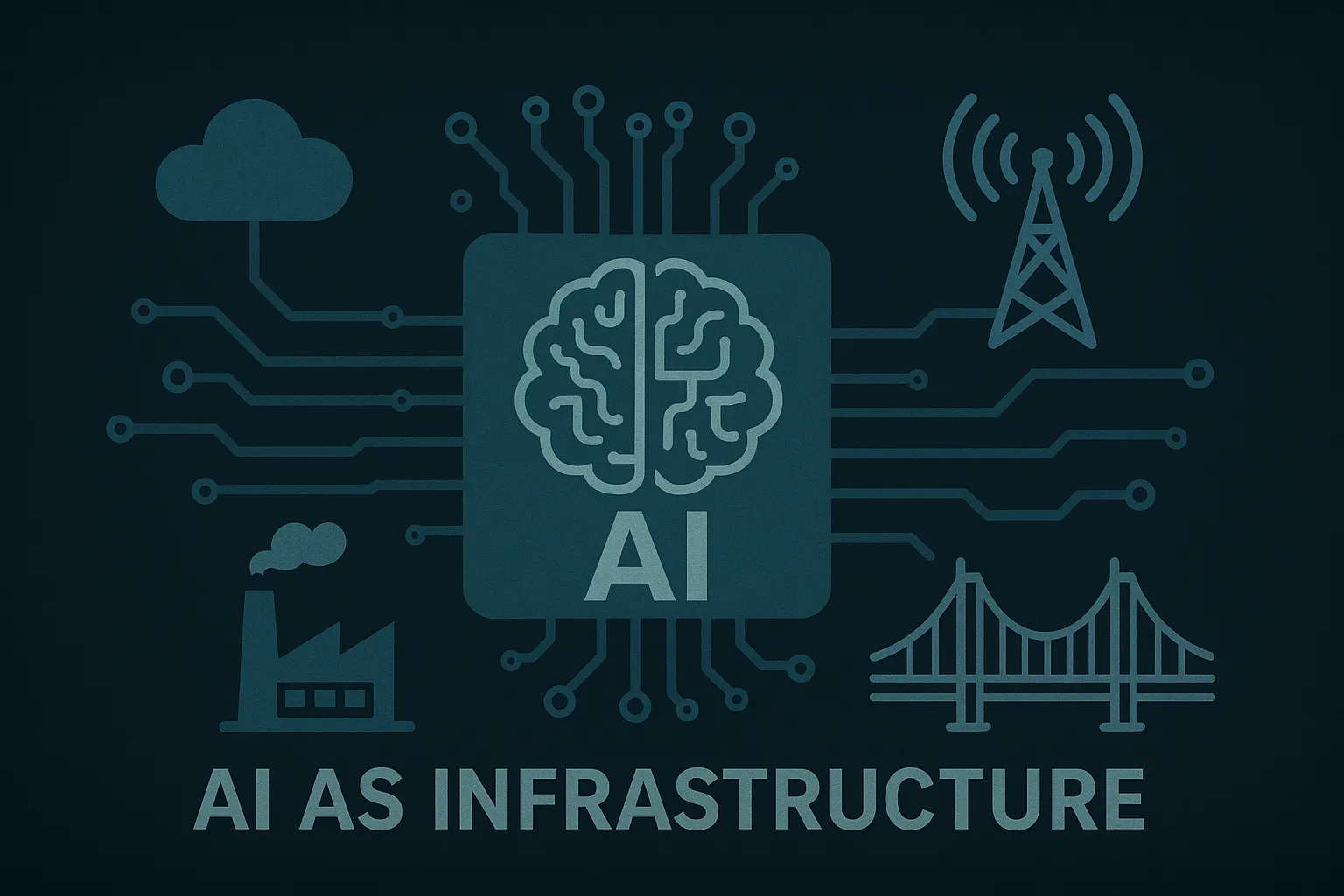
AI won’t just be a feature—it will be the foundation. By 2035, AI will power everything from personal assistants to autonomous systems and medical diagnostics.
• LLMs will become embedded in browsers, apps, operating systems
• Companies will run entire operations through AI agents
• AI will create, monitor, and optimize code, content, and communication
What to do today: Learn prompt engineering, explore AutoGPT and agent frameworks, integrate AI into your workflows.
The Rise of Spatial Computing
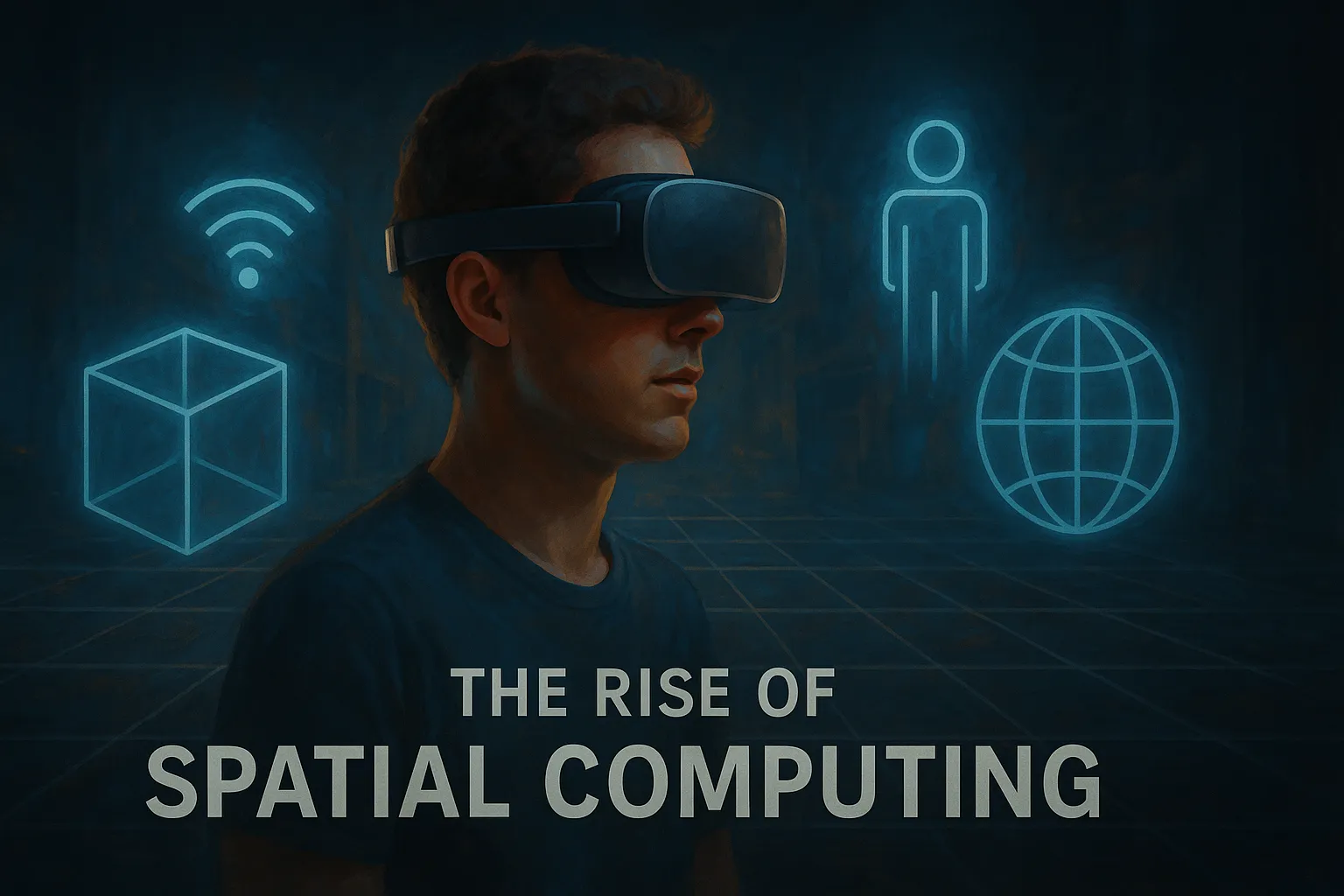
Devices like Apple Vision Pro and Meta Quest are ushering in a new era of computing where digital objects exist in physical space.
• Expect spatial UX to replace 2D screens in many industries
• Virtual collaboration, design, and education will shift to mixed reality
• Real-time eye tracking, gesture control, and photorealistic rendering will become standard
What to do today: Learn 3D design tools (Blender, Unity), explore ARKit/ARCore, and start building for spatial interfaces.
Decentralized Internet & Blockchain Evolution
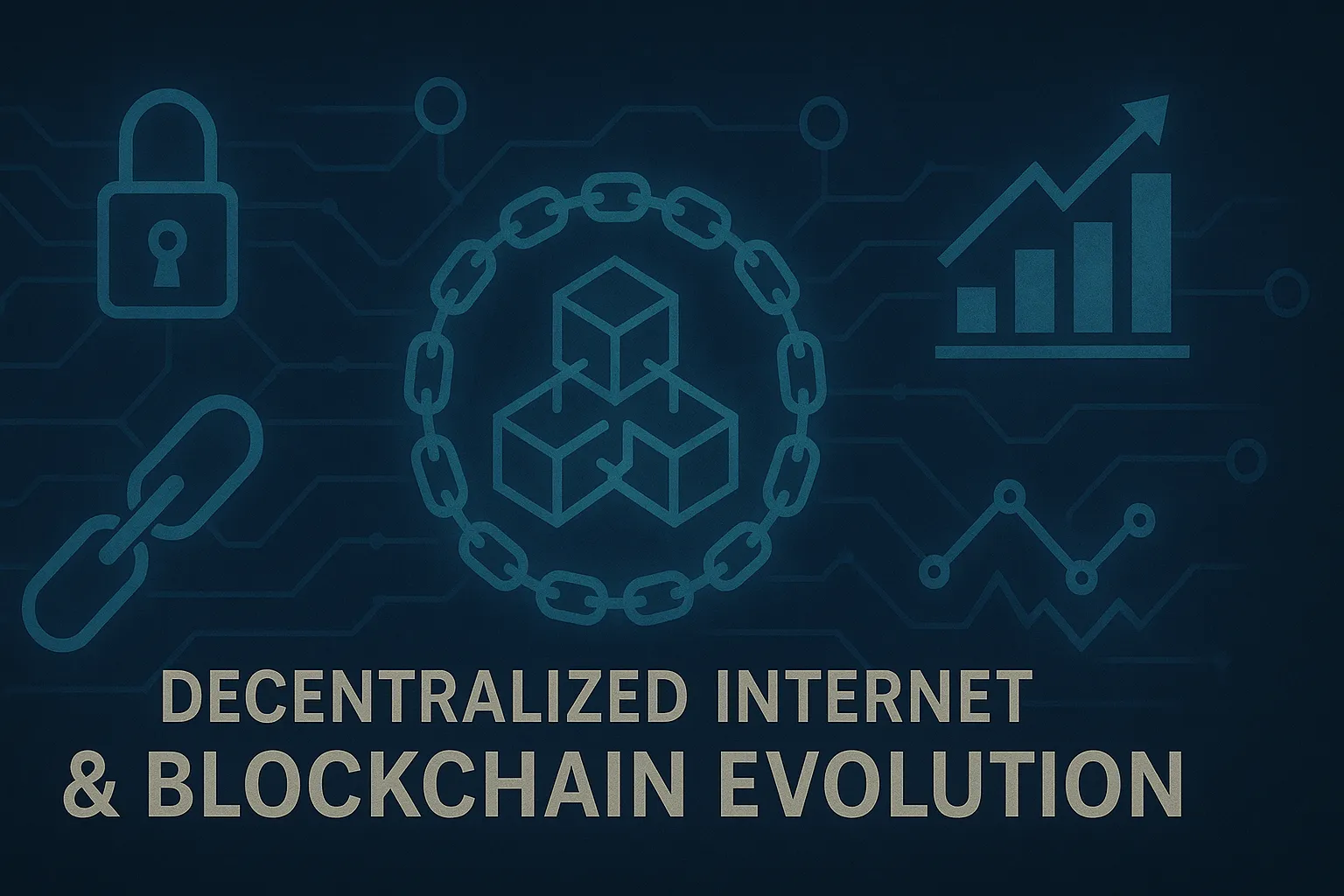
Blockchain is maturing past speculation. The next decade will see decentralized platforms challenge traditional infrastructure in finance, identity, and ownership.
• Decentralized identity (DID) and verifiable credentials will become standard
• Smart contracts will power insurance, loans, voting, and licensing
• Tokenization of real-world assets (RWA) will enable fractional ownership of nearly everything
What to do today: Experiment with DeFi apps, mint an NFT, explore Web3 communities, or deploy a basic smart contract.
Synthetic Biology & Biotech Integration
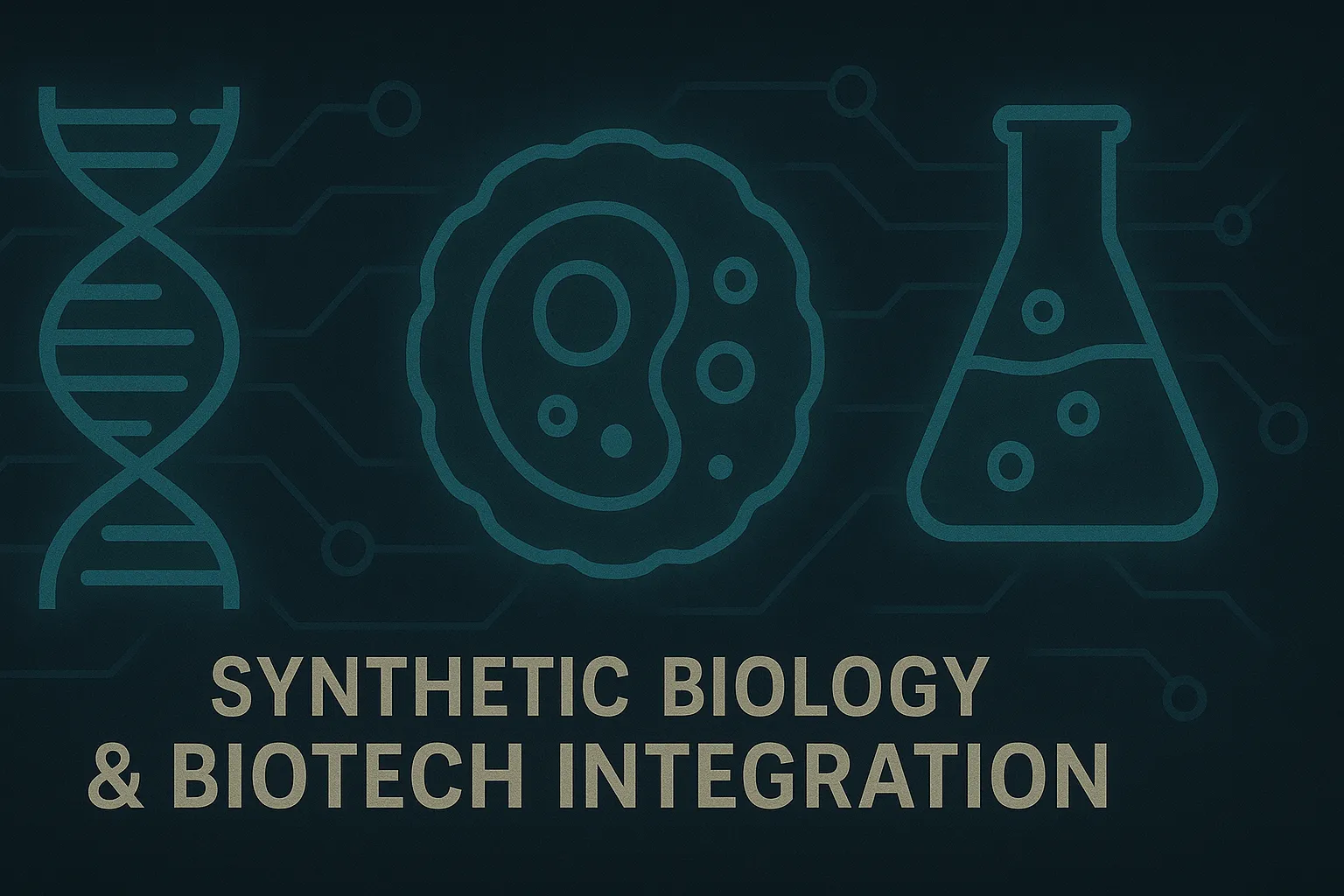
Biology will be programmable, just like code. Advances in CRISPR, gene therapy, and lab-grown organs will transform healthcare, agriculture, and materials science.
• AI-designed proteins and vaccines
• Precision food production (lab-grown meat, drought-resistant crops)
• Organ regeneration and gene editing for disease prevention
What to do today: Follow biotech startups, explore platforms like Benchling or CRISPR Classroom, and track FDA/EMA biotech approvals.
Hyperautomation & Robotics in Daily Life
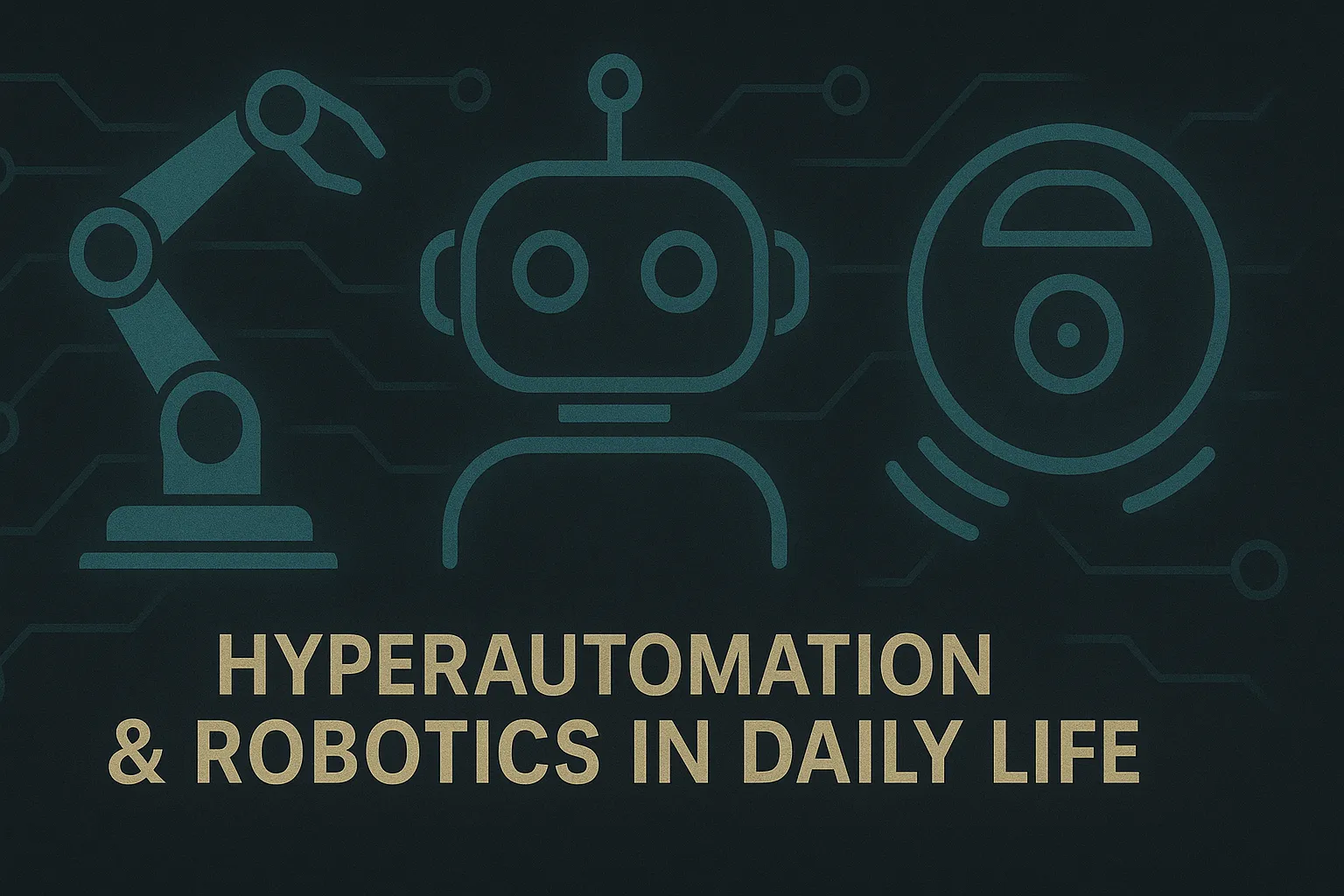
By 2035, robots will clean your home, assist your parents, deliver your food, and collaborate with you at work.
• General-purpose humanoid robots are in prototype (Tesla Optimus, Figure AI)
• Automation of knowledge work via robotic process automation (RPA)
• Integration of physical and digital AI agents
What to do today: Learn automation platforms (Zapier, Make), track robotics news, and study use cases in your industry.
Energy Innovation: Clean, Distributed, Smart
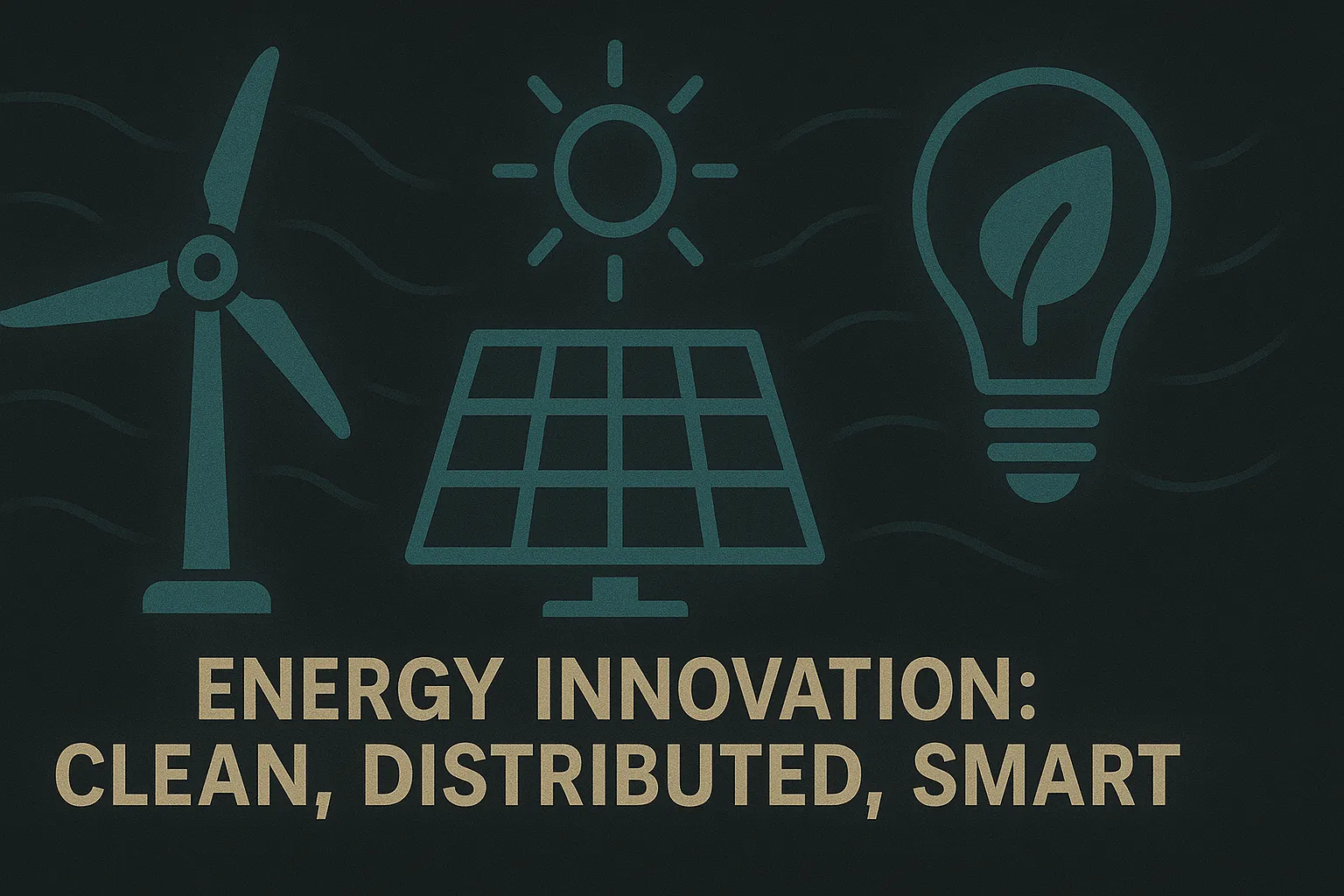
The next decade will bring an energy renaissance—solar, fusion, and storage technologies are reaching commercial viability.
• Fusion pilot plants target first net energy by 2030
• AI-driven smart grids balance real-time consumption
• Energy storage and decentralization reduce dependency on fossil fuels
What to do today: Monitor energy startups, explore solar for home or business, and follow fusion research from TAE, Helion, and Commonwealth Fusion Systems.
How to Prepare (Starting Today)
Staying ahead means making small moves now:
• Block 30 mins/day to study one trend
• Join newsletters like TLDR, The Generalist, and Futureloop
• Get hands-on: test AI tools, install a crypto wallet, prototype in AR
• Think of tech not as a tool—but as a partner in every domain
